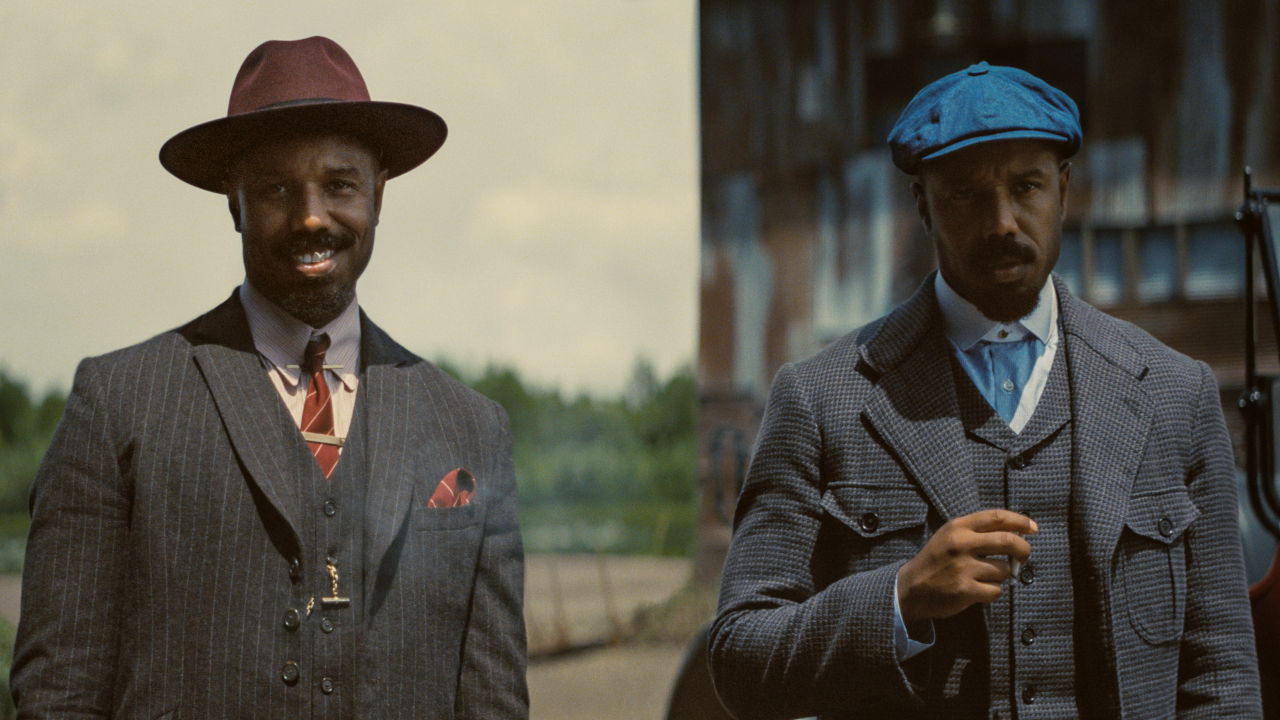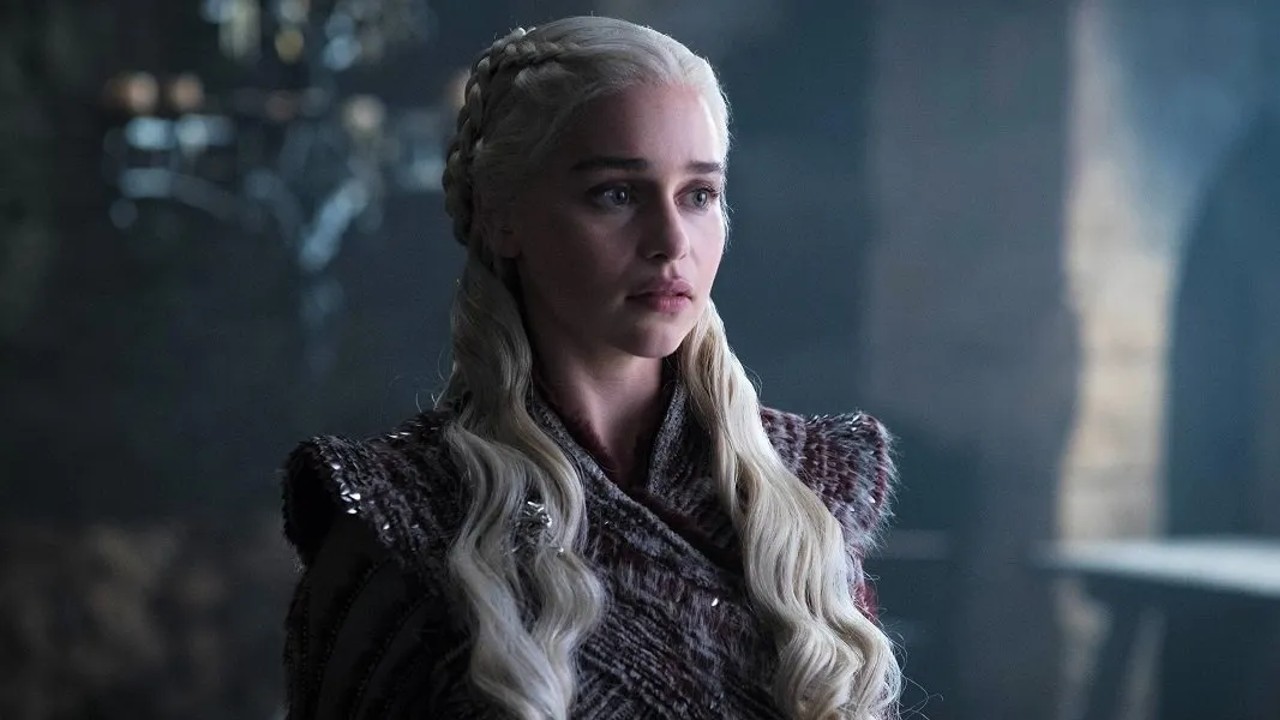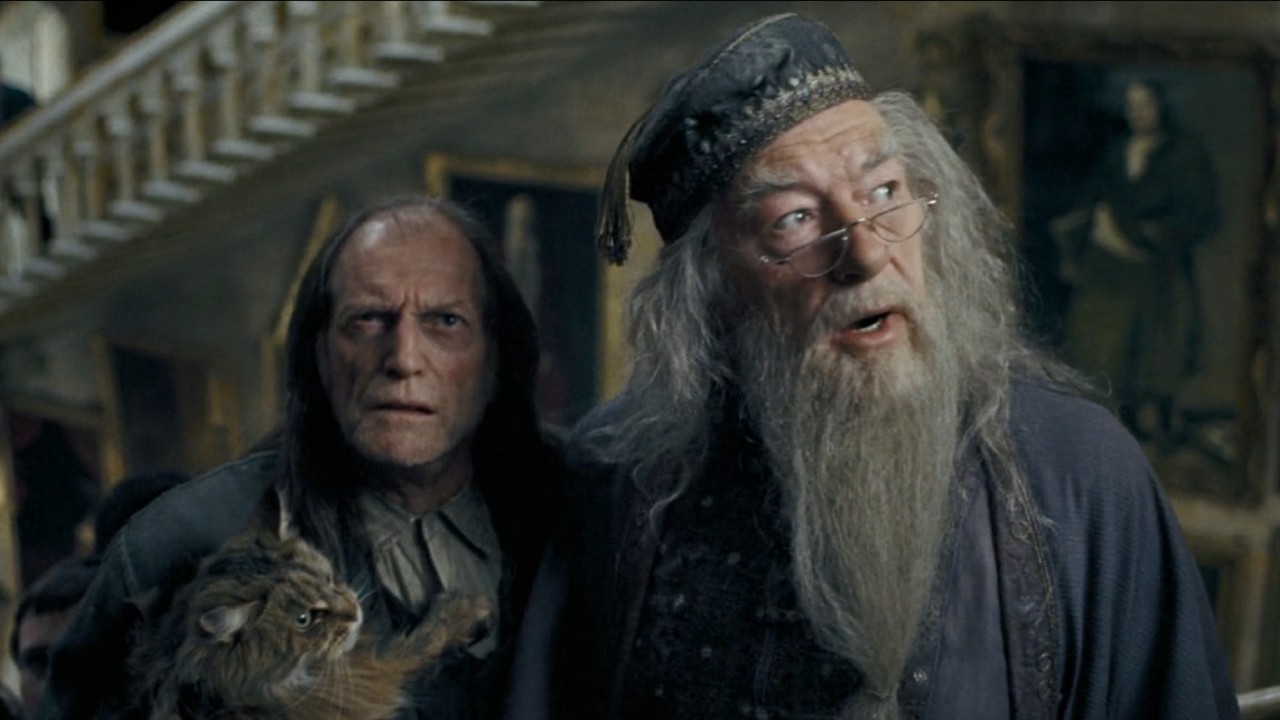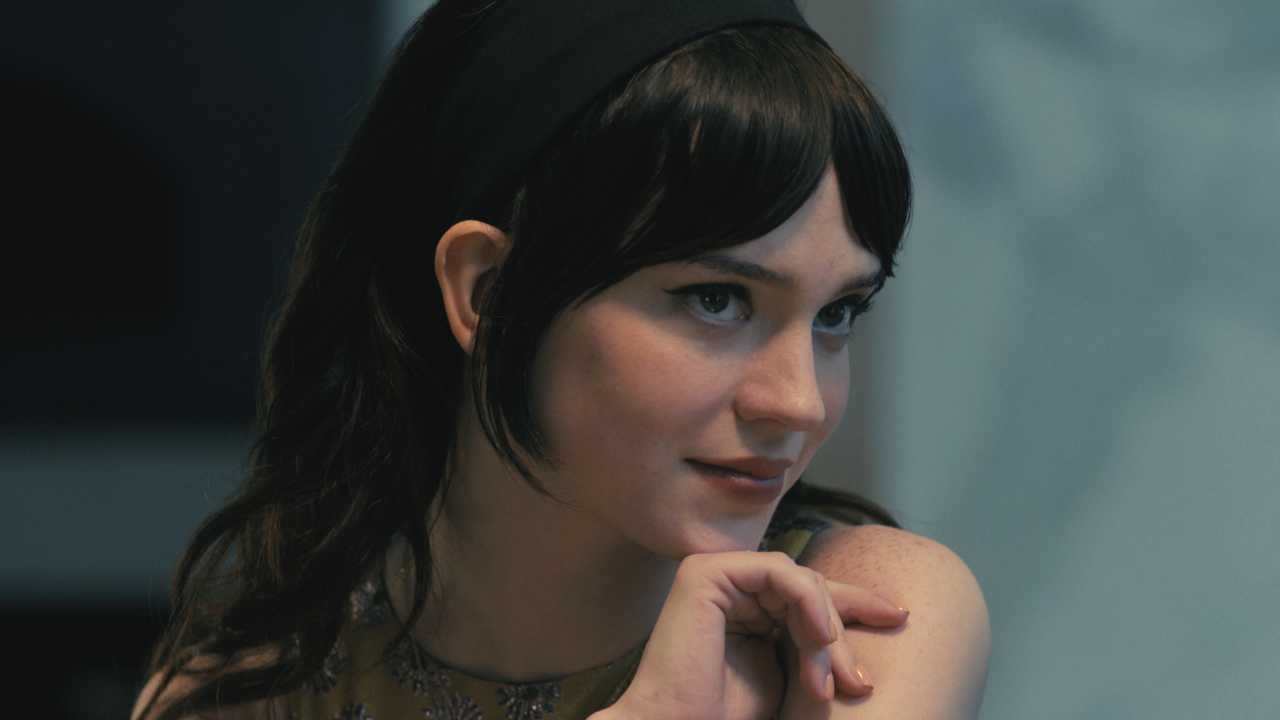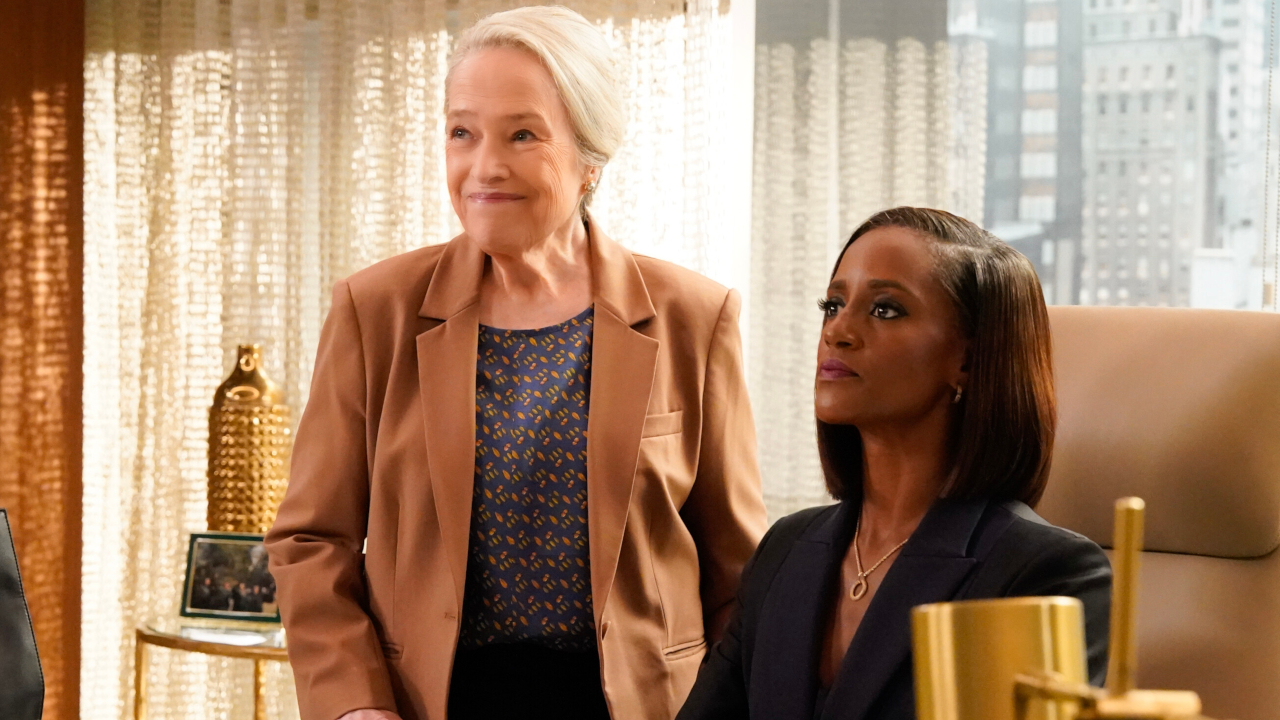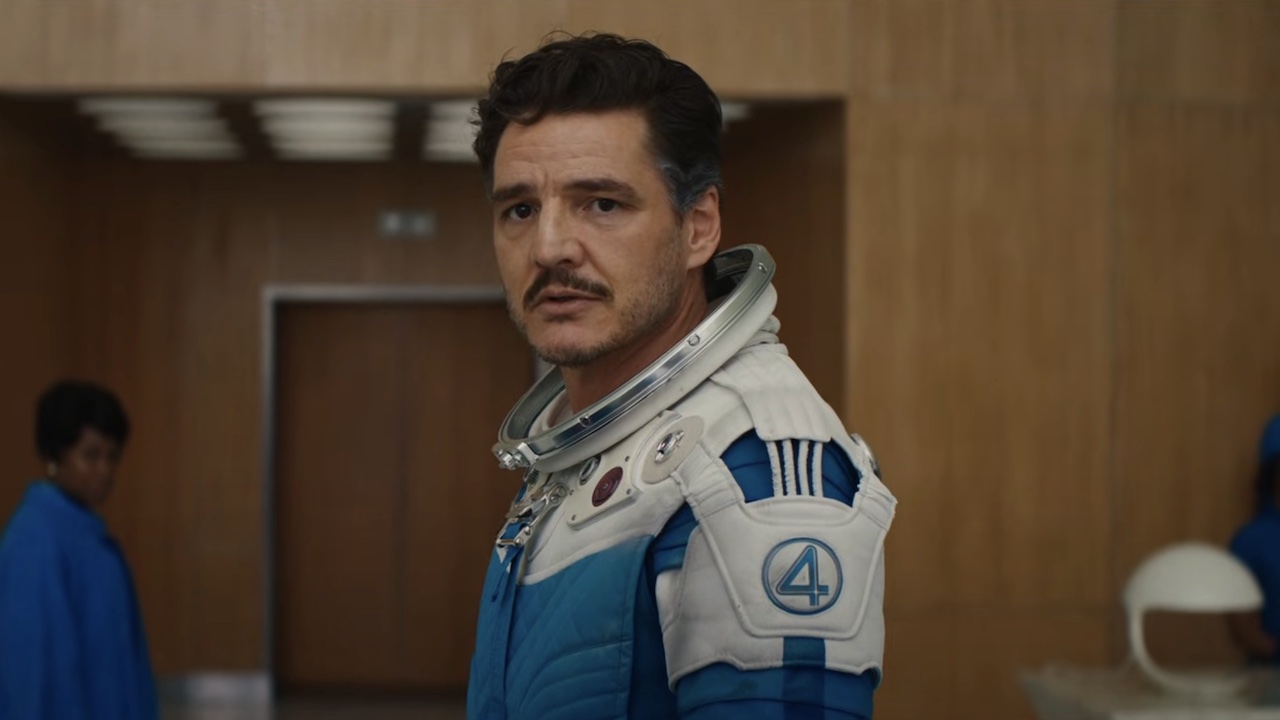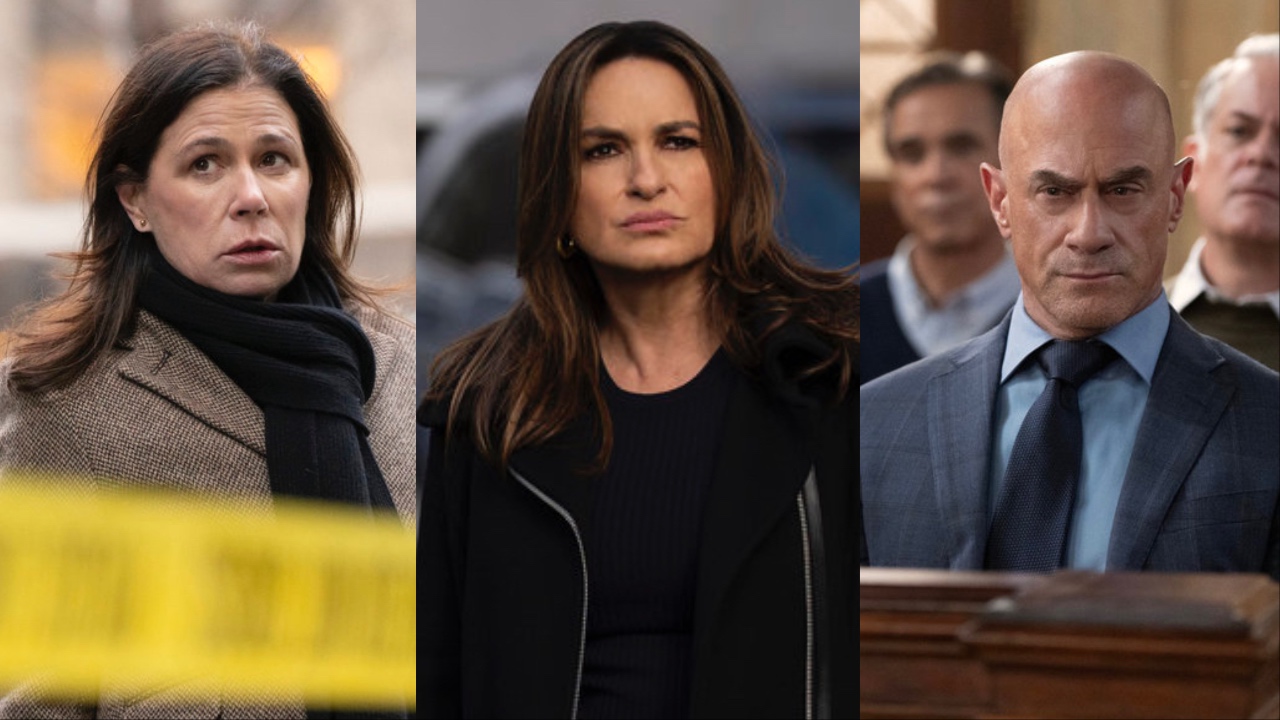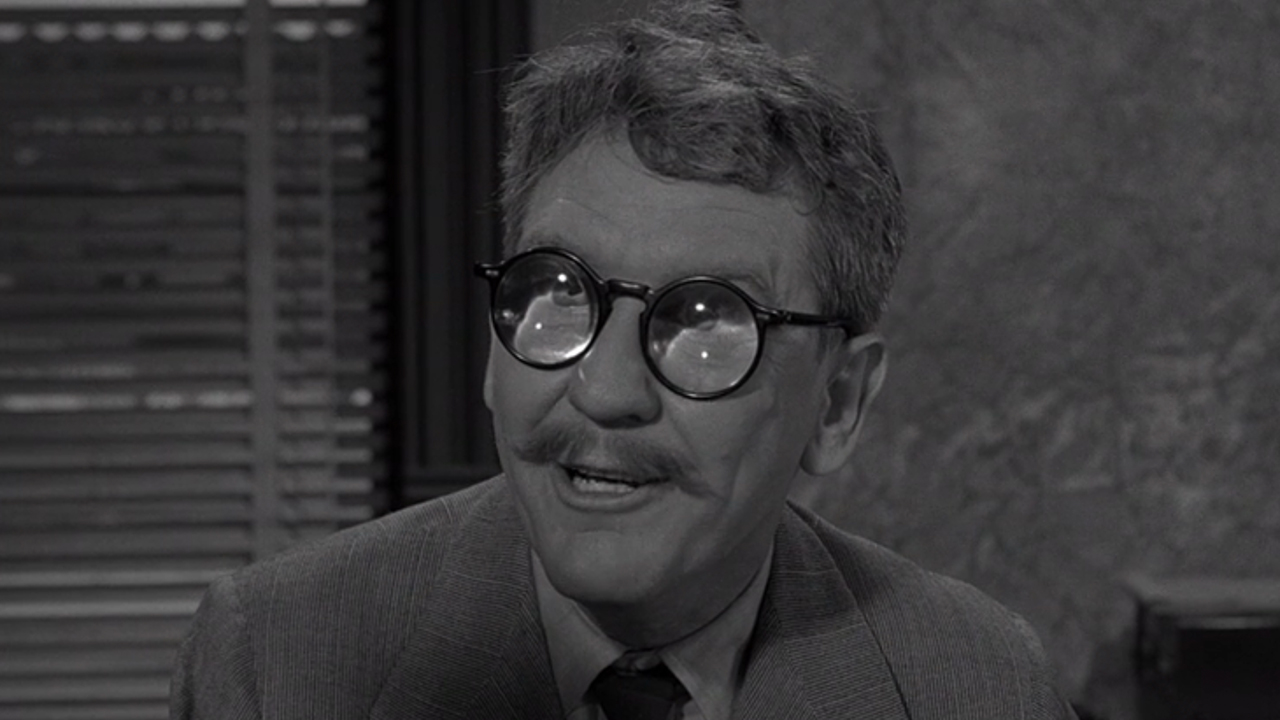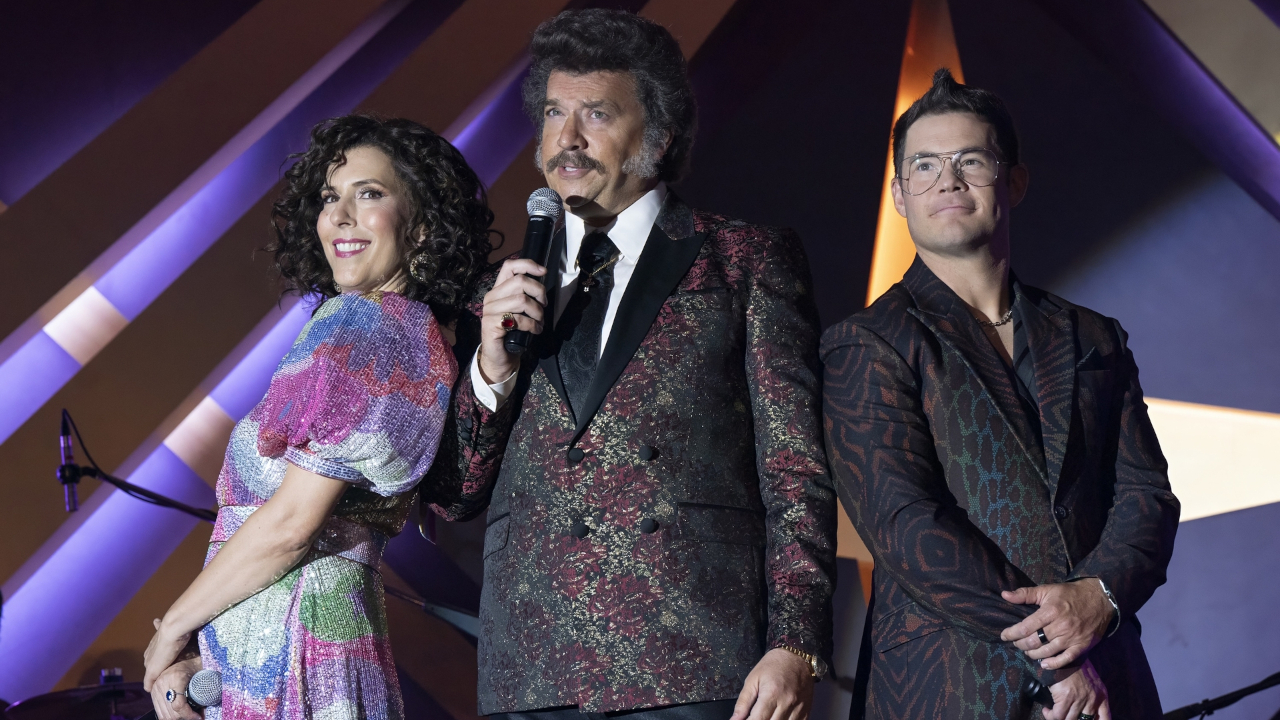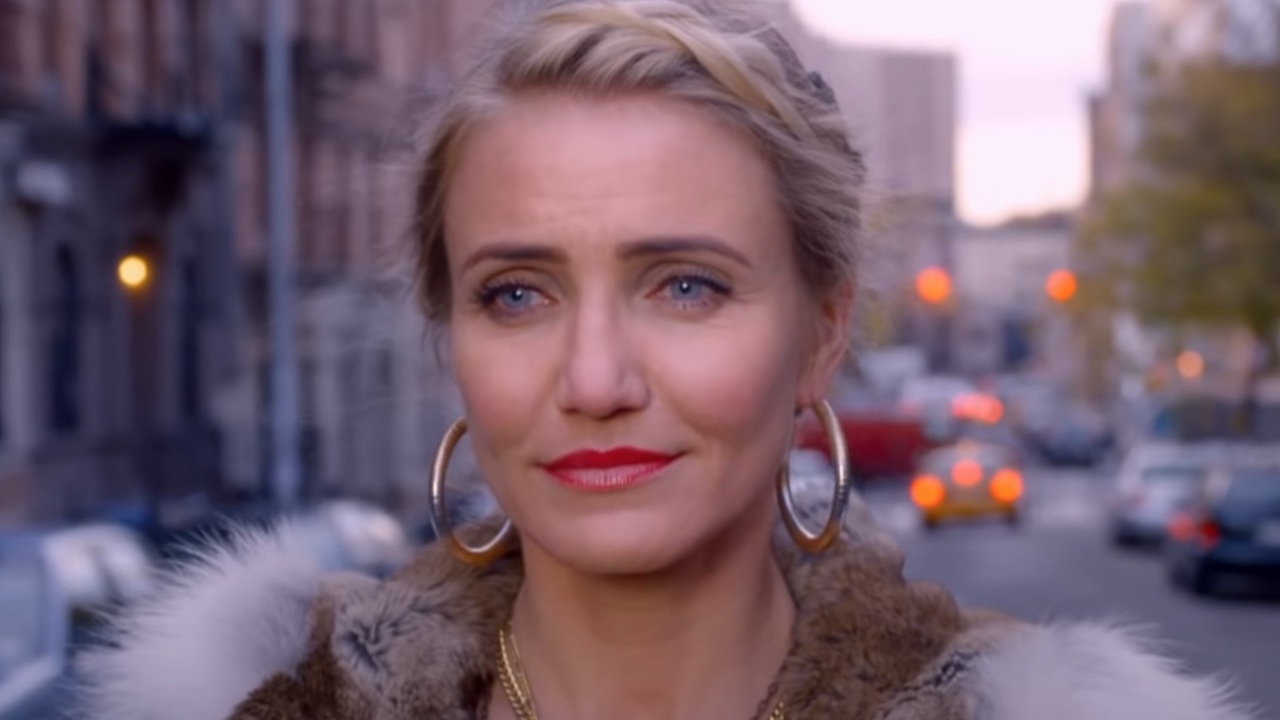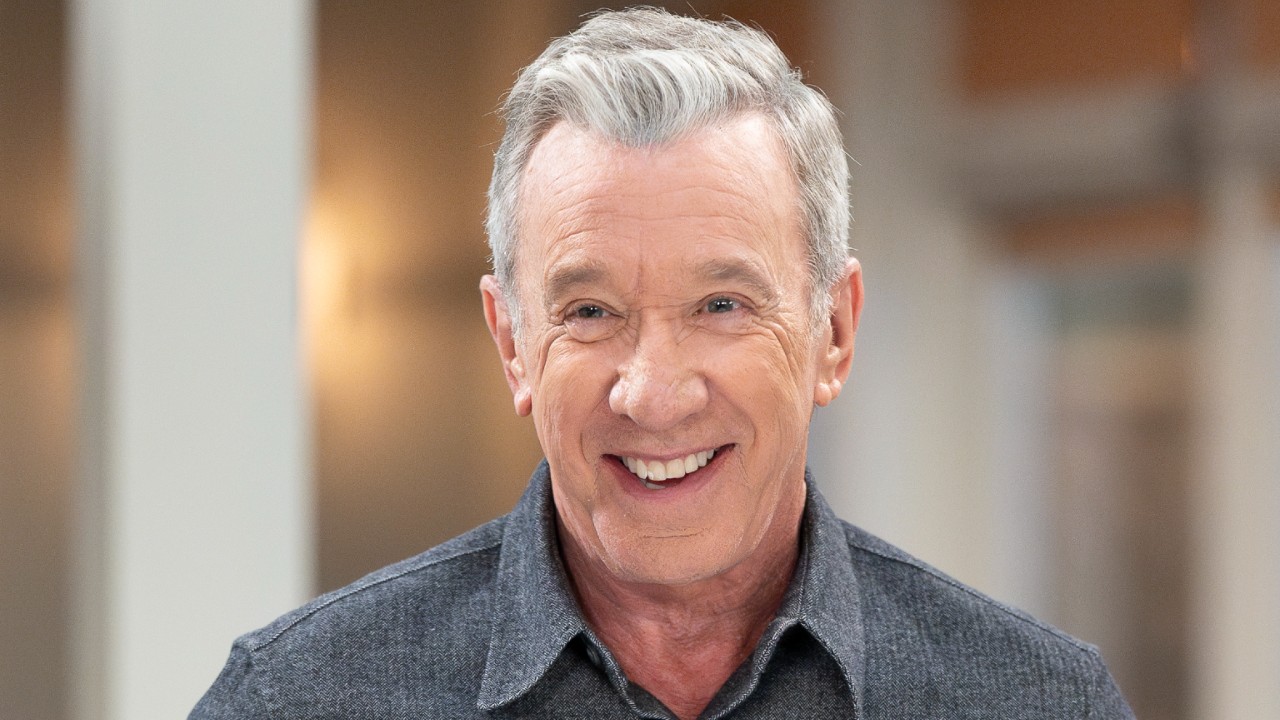32 Different Commentators WWE Has Used Since The 1980s
The good, the bad, the Bobby Heenan!

Whether you just started watching wrestling or have been following week-to-week since long before WWF was forced to change its name to WWE, it’s easy to pick up that play-by-play and color commentary are key to the wrestling-watching experience. Much like NFL, NBA, and MLB games, the in-ring action is made all the better because of the context and insight from the various commentators.
Since the wrestling boom of the 1980s, WWE has brought in hall-of-famers and living legends like Gorilla Monsoon, Jim Ross, and more recently, Michael Cole to convey the ecstasy of victory and agony of defeat. Here are 32 different commentators who WWE has used since then…
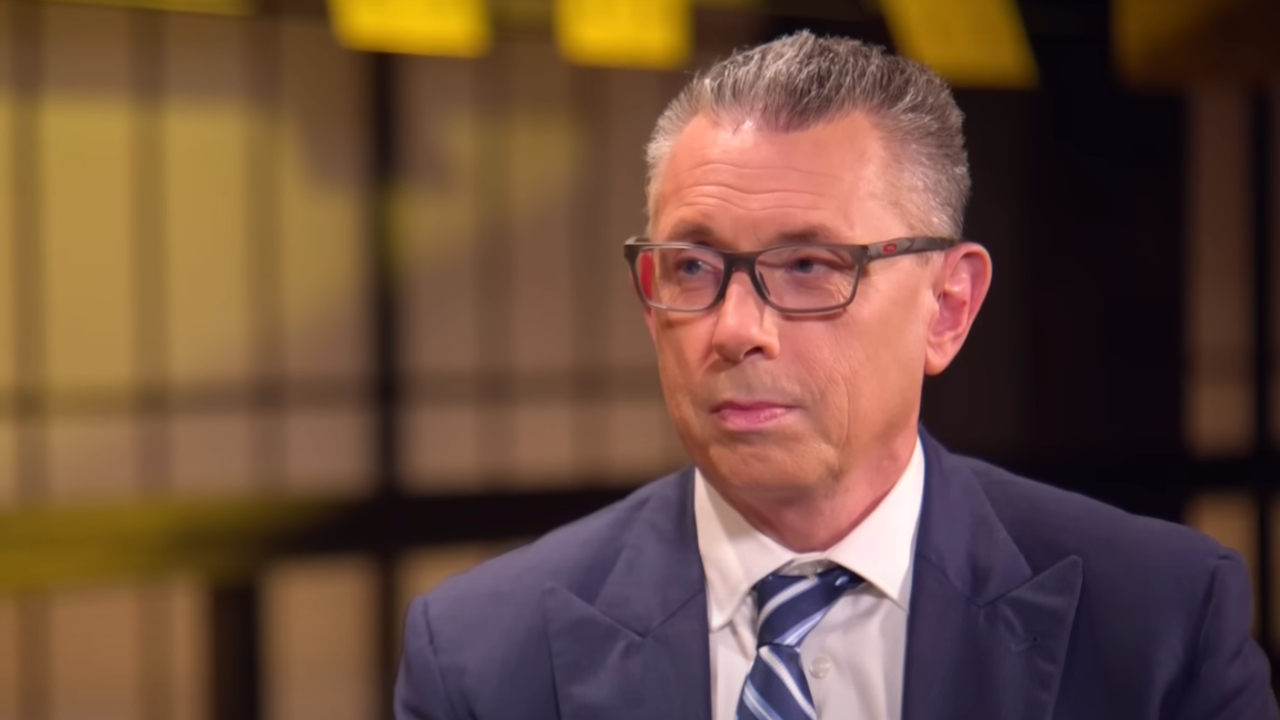
Michael Cole
No matter how many times WWE has made changes to its commentary teams, Michael Cole has been the voice of the company for the better part of the past two decades. After joining the company in the late 1990s as a backstage interviewer and occasional play-by-play commentator, Cole rose through the ranks and has led both Raw and SmackDown at various times throughout his tenure.
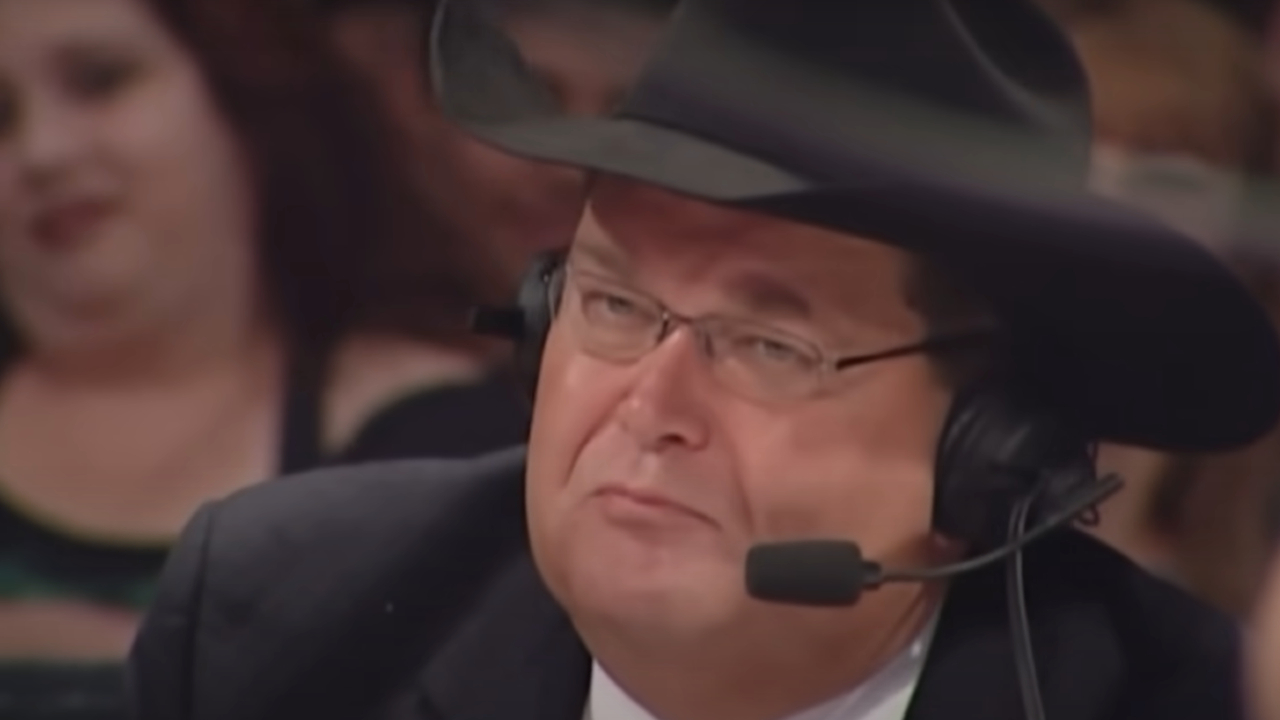
Jim Ross
For wrestling fans of a certain generation, Jim Ross was the WWE commentator most associated with the sport of wrestling. Mostly remembered from his work with Jerry “The King” Lawler, Ross served as the primary play-by-play commentator for the better part of 20 years, calling such moments as the infamous King of the Ring ‘98, some of the biggest WrestleMania matches of the Attitude Era, and so much more.

Jerry 'The King' Lawler
Working great as both a heel and a face, Jerry “The King” Lawler’s color commentary made WWE must-watch TV throughout the 1990s and early 2000s. The Memphis wrestling legend added so much context (and ridiculousness) to weekly shows and monthly pay-per-views throughout his historic 30-plus-year tenure with the company.
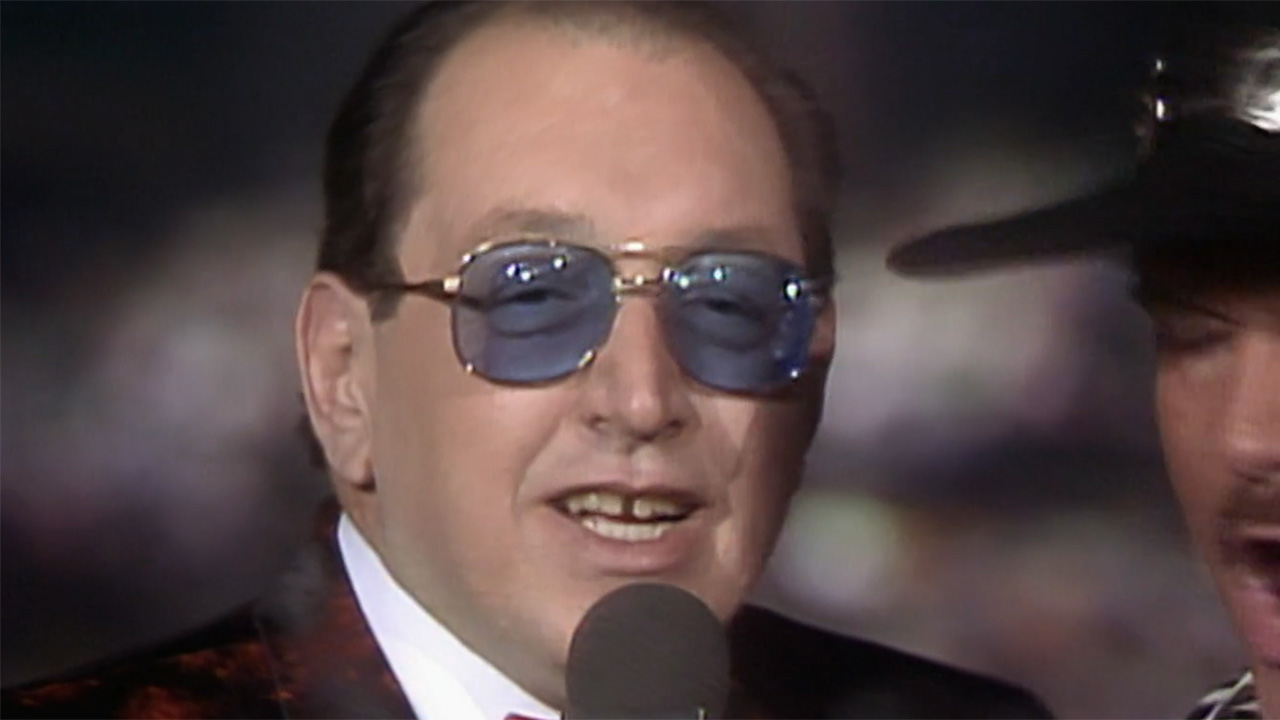
Gorilla Monsoon
There are WWE commentators and then there is Gorilla Monsoon, the man who was the voice of the company (and wrestling as a whole) throughout the 1980s and early 1990s. It didn’t matter who he was paired with, Monsoon could get the best out of anyone, even celebrity guests like Bob Uecker at some of the early WrestleMania events.
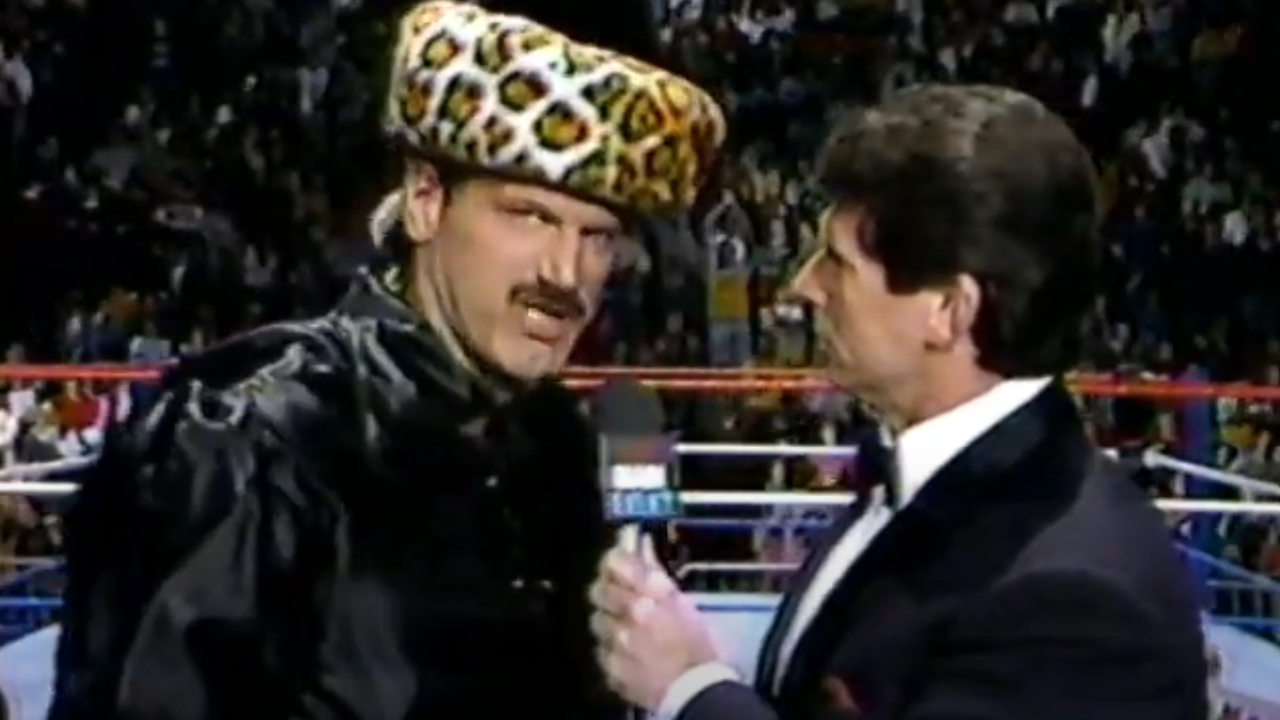
Jesse 'The Body' Ventura
One of the greatest wrestlers-turned-actors to ever do it, Jesse “The Body” Ventura was also an incredible color commentator for WWE after his in-ring career came to an end. The flashy and bombastic figure worked well with Gorilla Monsoon, Vince McMahon, and anyone else in the booth, making him one of the best to ever do it.
CINEMABLEND NEWSLETTER
Your Daily Blend of Entertainment News
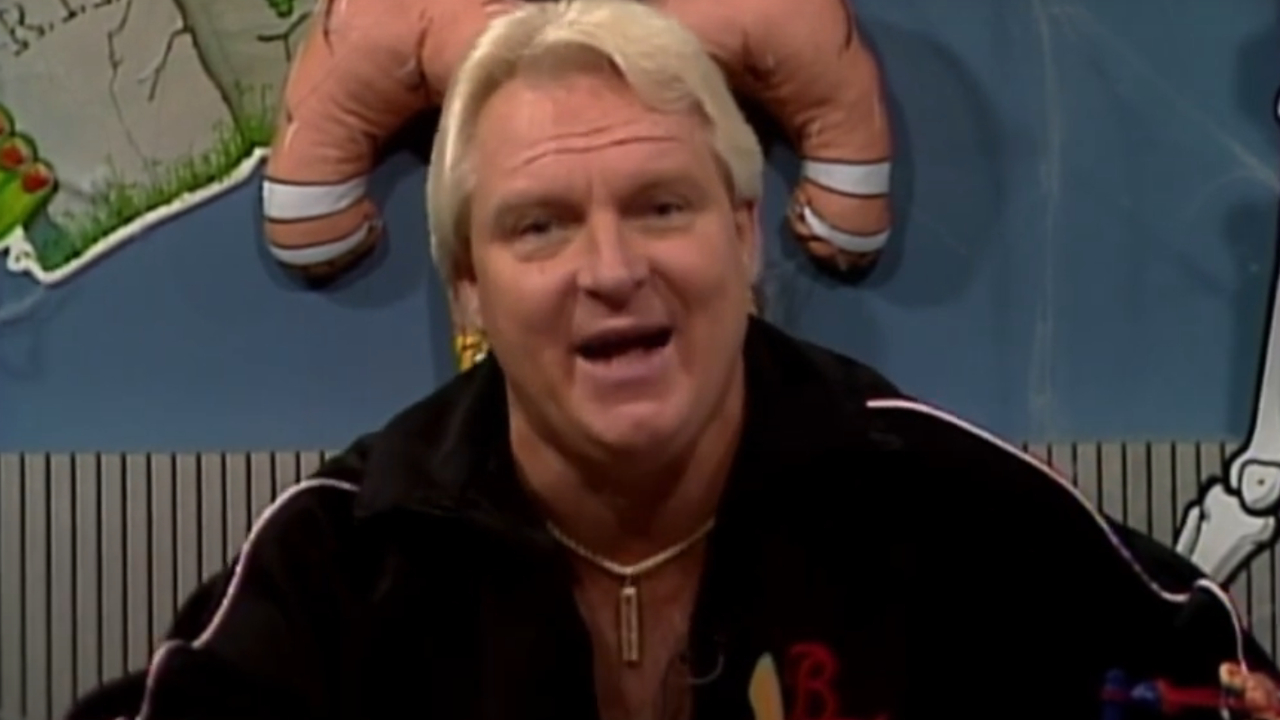
Bobby 'The Brain' Heenan
Bobby “The Brain” Heenan will forever be remembered as one of the greatest heel managers and commentators in wrestling history. The way he would sympathize with the heels and make Gorilla Monsoon say “Will you stop?” could make an okay match into the stuff of legend. Few commentators have been able to put over faces and heels as well as Heenan did, both during his time with WWE and later in WCW.
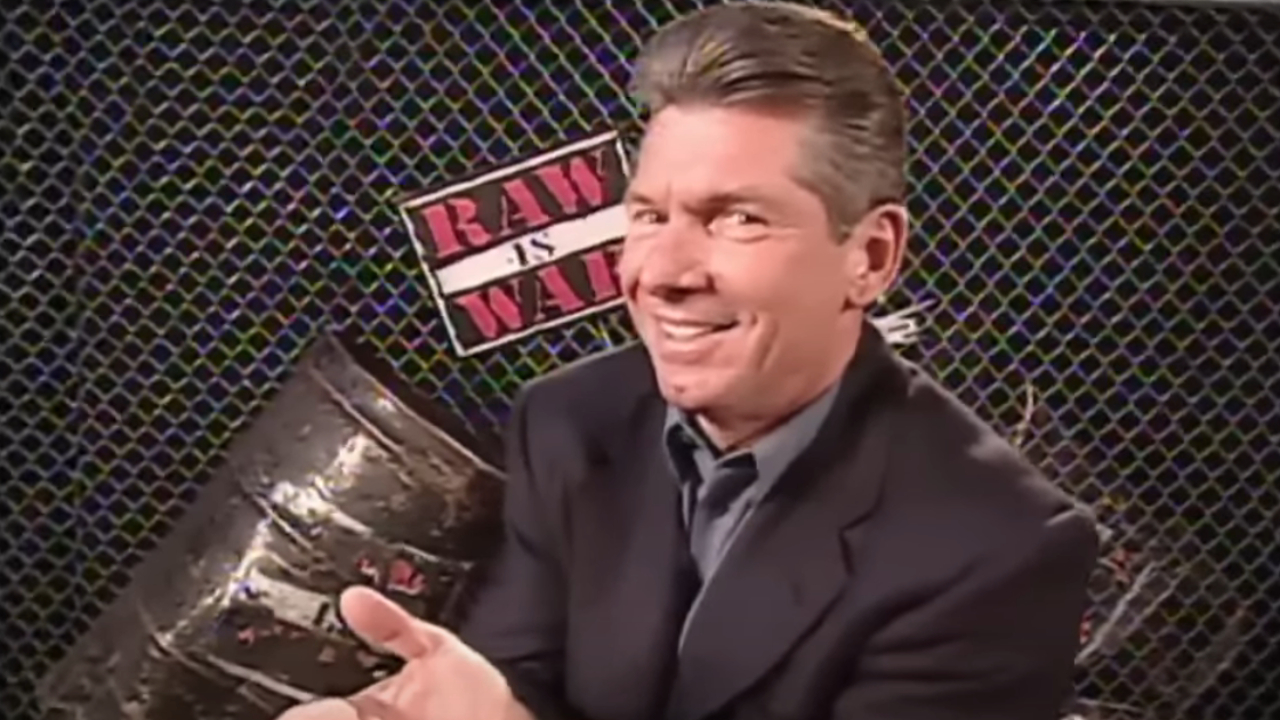
Vince McMahon
Vince McMahon is mostly remembered for being the megalomaniacal owner of WWE (both on and off the screen), but before he adopted his Mr. McMahon personality and helped create some of the most iconic Attitude Era moments with the likes of Stone Cold Steve Austin, Bret Hart, and The Rock, he served as the voice of WWE throughout much of the 1990s. The way his voice would carry while saying “Welcome to Monday Night Raw” was legendary albeit a tad big over-the-top and silly.
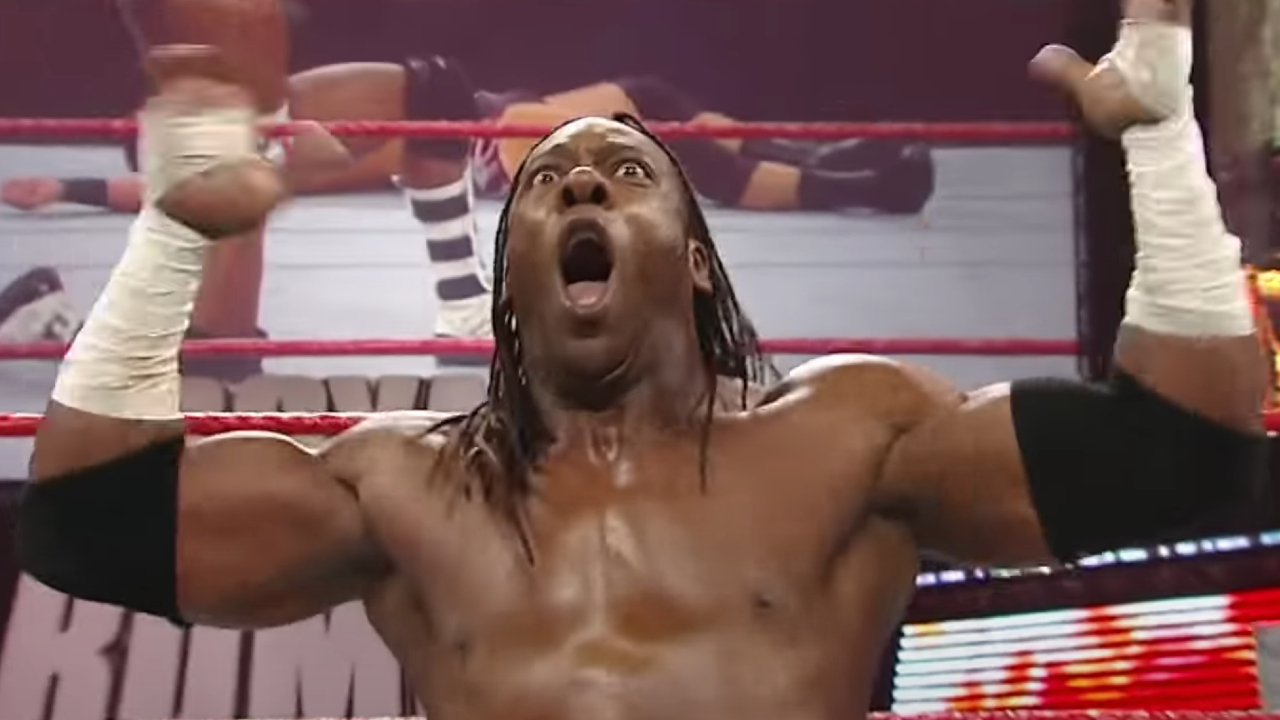
Booker T
Five-time WCW Champion and WWE Hall of Famer Booker T had one of the greatest in-ring wrestling careers of all time, but he didn’t step away from the business after hanging up the boots. After serving as one of the primary color commentators on Raw, SmackDown, and various PPVs throughout the 2010s, Booker joined the NXT commentary team and has been doing a great job getting young talent over.
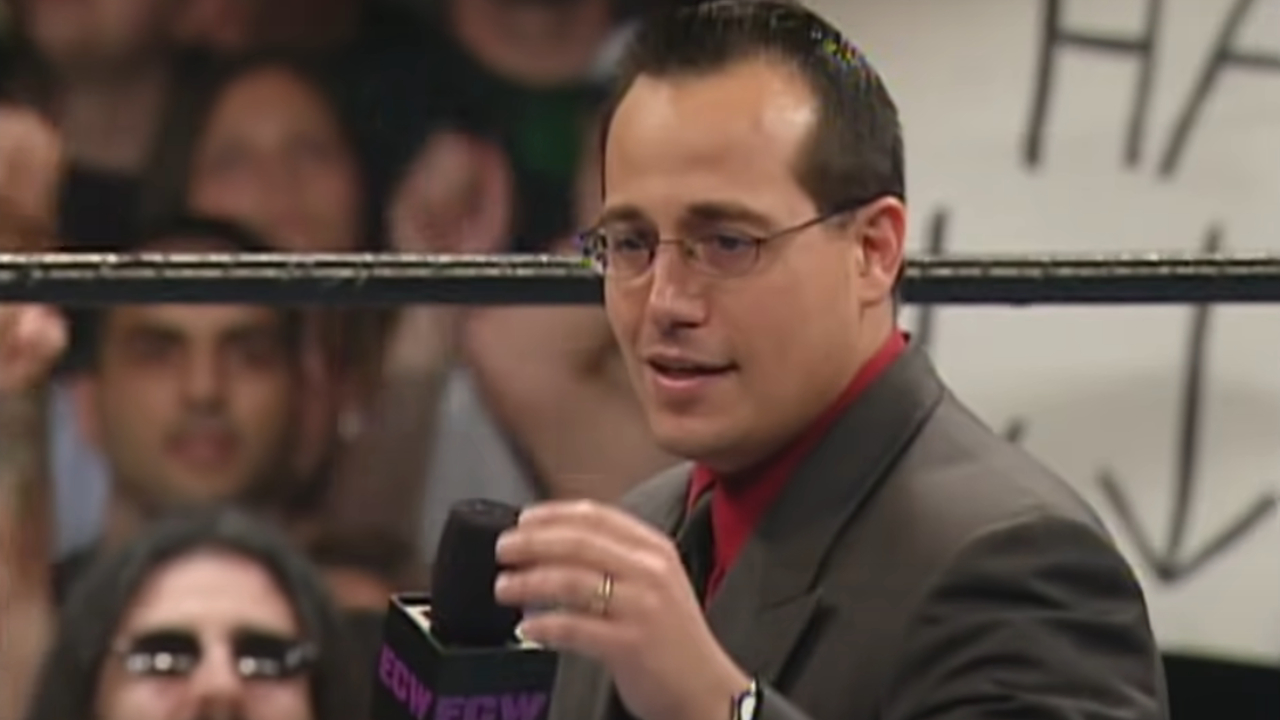
Joey Styles
Joey Styles was the voice of ECW throughout the trailblazing promotion’s glory days, and so it was no surprise when WWE brought him in to do the same in the years following the company’s dissolution. Starting with ECW One Night Stand in June 2005, Styles worked on Raw and the ECW weekly show through 2008 before taking a behind-the-scenes role.
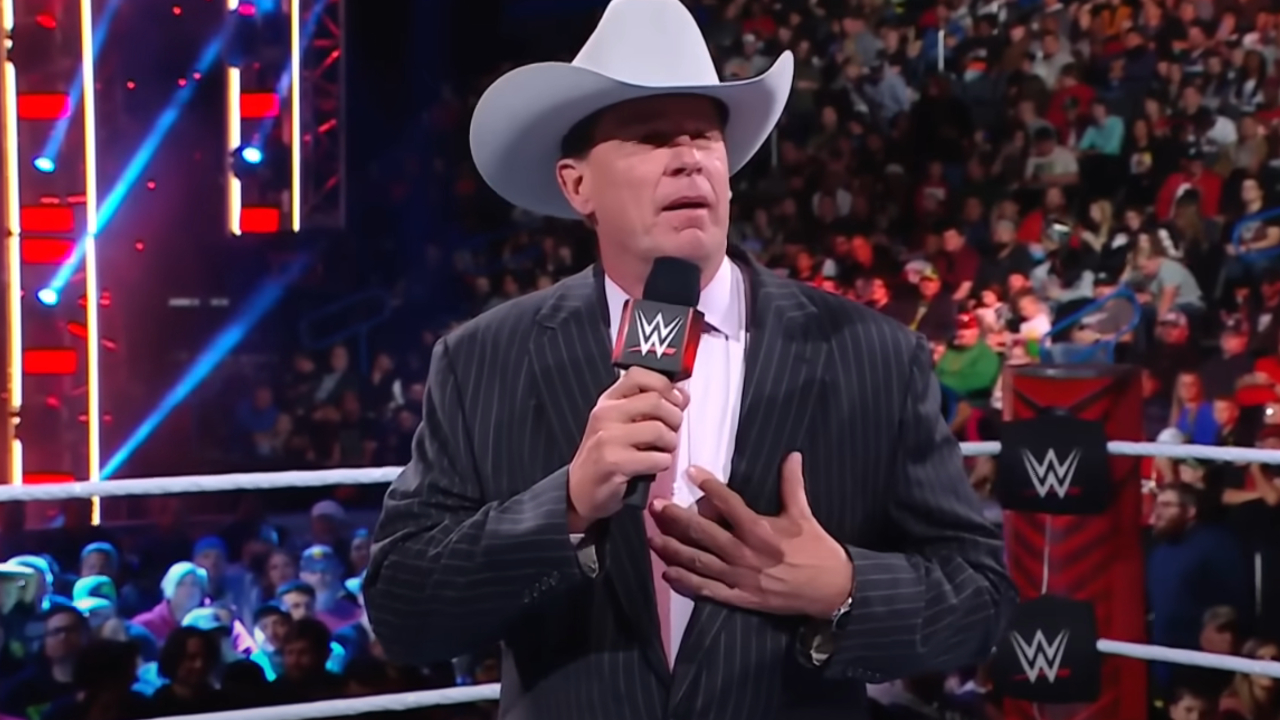
JBL
John Bradshaw Layfield was a key figure in both the Attitude and Ruthless Aggression eras, taking on the role of a dastardly heel who could get under anyone and everyone’s skin. However, throughout a few different tenures, JBL was masterful as a color commentator.
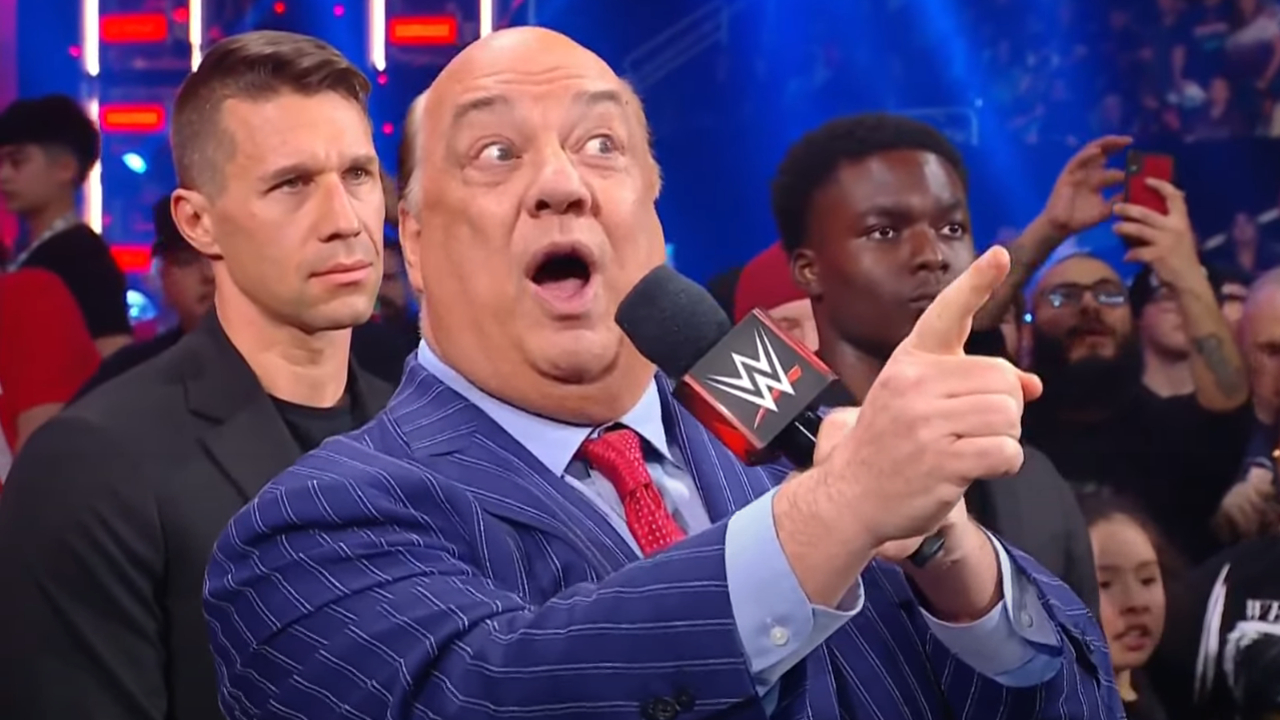
Paul Heyman
Paul Heyman has been a pivotal figure in professional wrestling for the better part of 30 years, and much of that has been in WWE. Throughout his multiple tenures with the company, Heyman has been a manager, a writer, and even a commentator, famously calling WrestleMania 17 back in 2001.
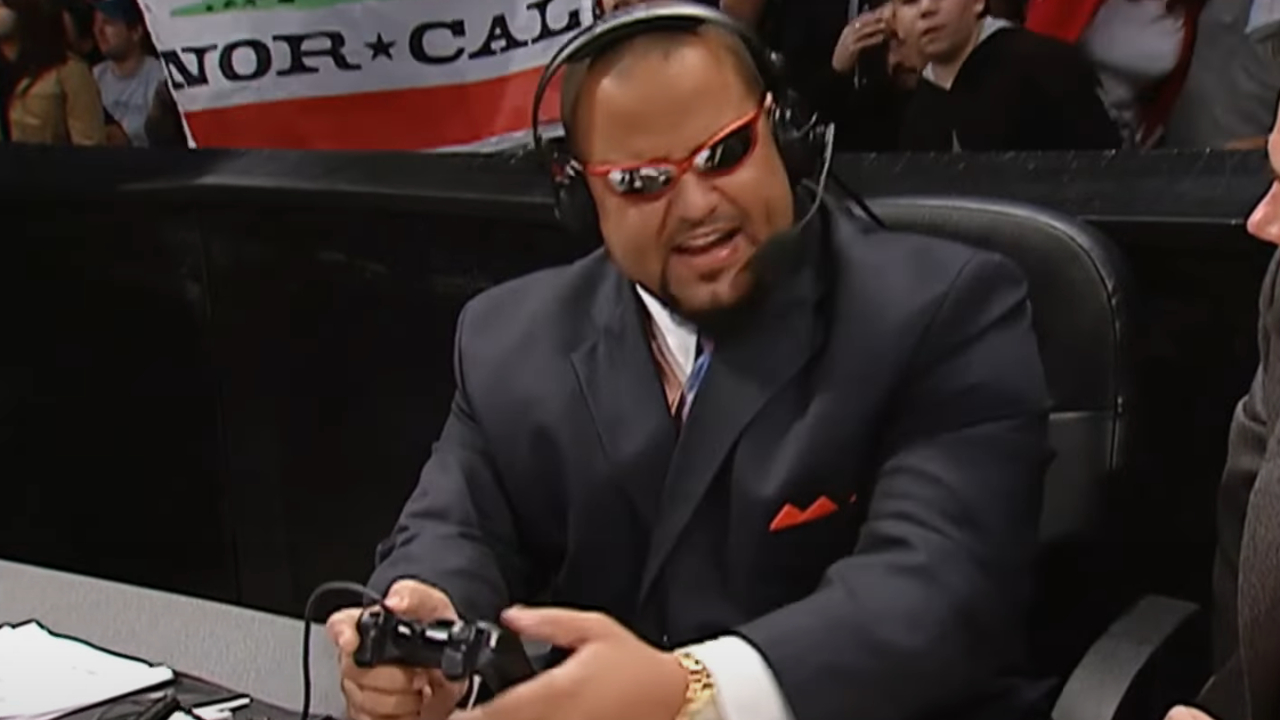
Taz
Taz has been a part of the AEW commentary team for a few years now, but back in the day, he was one of the go-to voices of WWE. Following the end of his decorated wrestling career, Taz was a color commentator throughout much of the 2000s, working extensively with the likes of Michael Cole, Jim Ross, and many others.
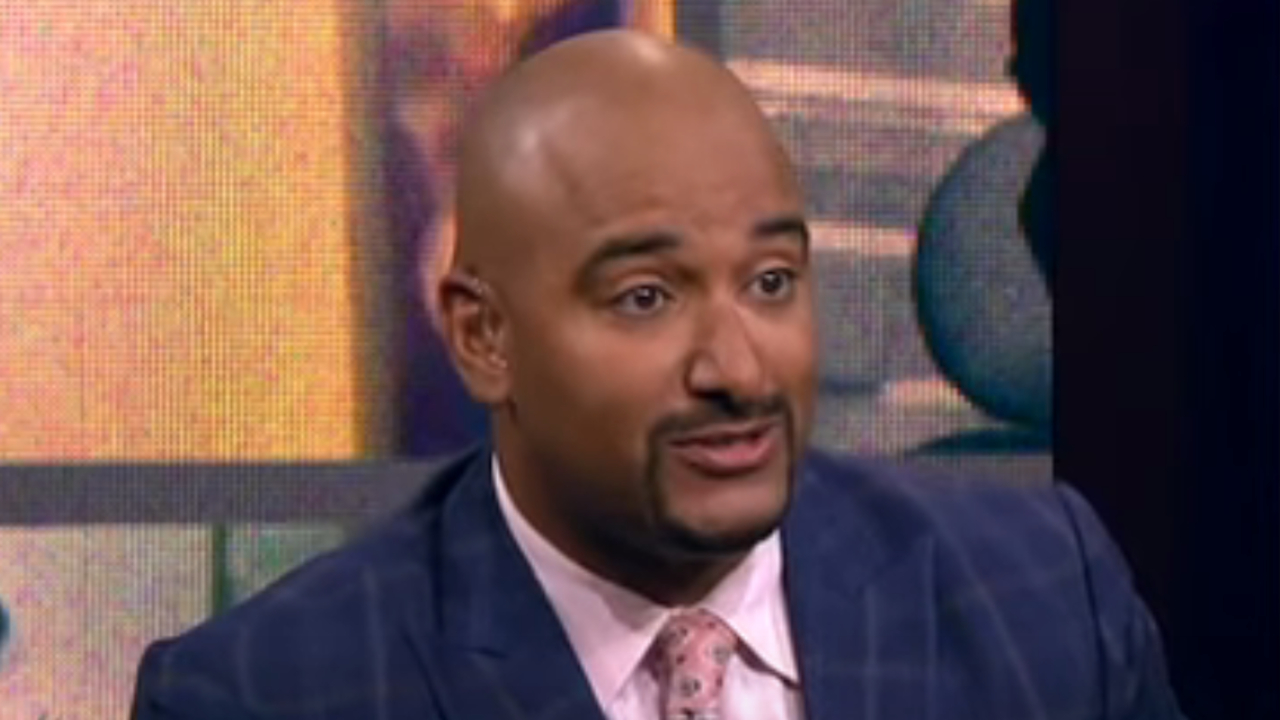
Jonathan Coachman
Jonathan Coachman, who would go on to be a longtime SportsCenter host later in his career, got his start as a backstage interviewer and commentator in WWE. Best known for being a punching bag for legends like The Rock, Stone Cold, and even Mr. McMahon, “The Coach” did a lot during his first go with the company. He later returned to join the Raw commentary team in 2018.
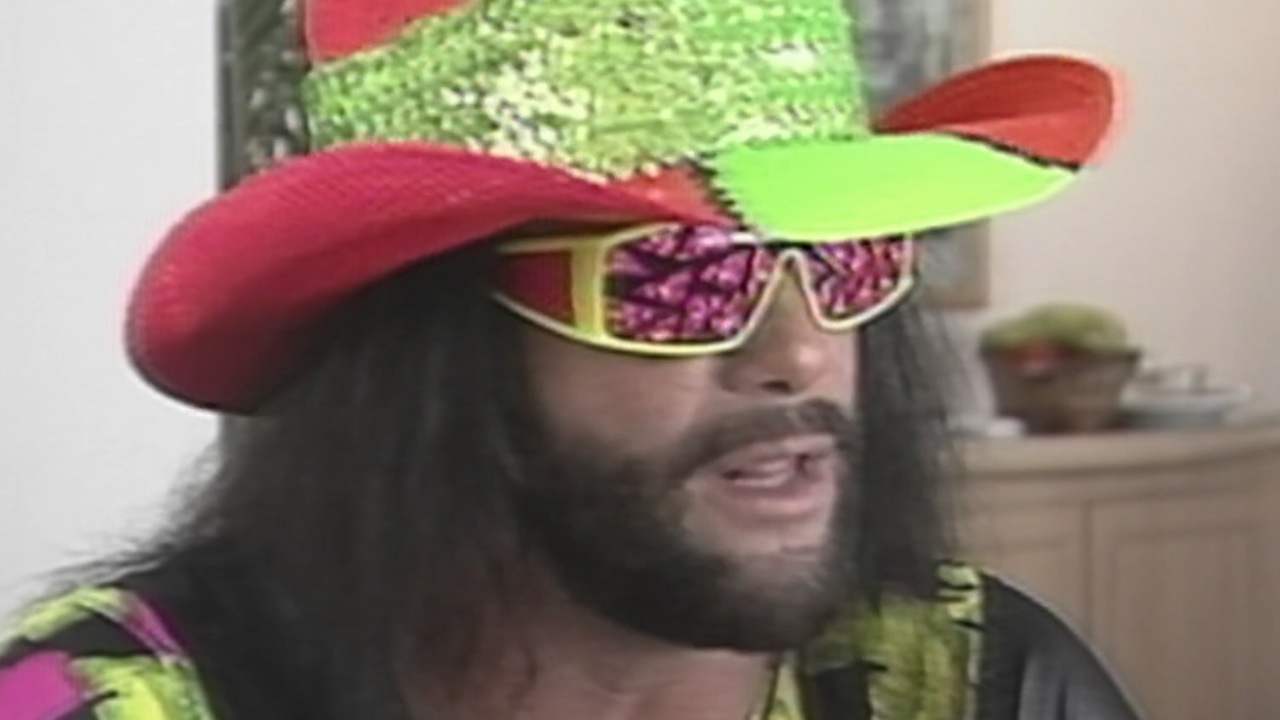
'Macho Man' Randy Savage
“Macho Man” Randy Savage, who was part of the trainwreck PPV that got Jim Ross a job, is mostly remembered for his in-ring work and Slim Jim commercials, but the late WWE Champion primarily worked as a commentator in his final years with the company. It was short-lived, however, as Savage would jump to WCW and extend his wrestling career a little while longer.
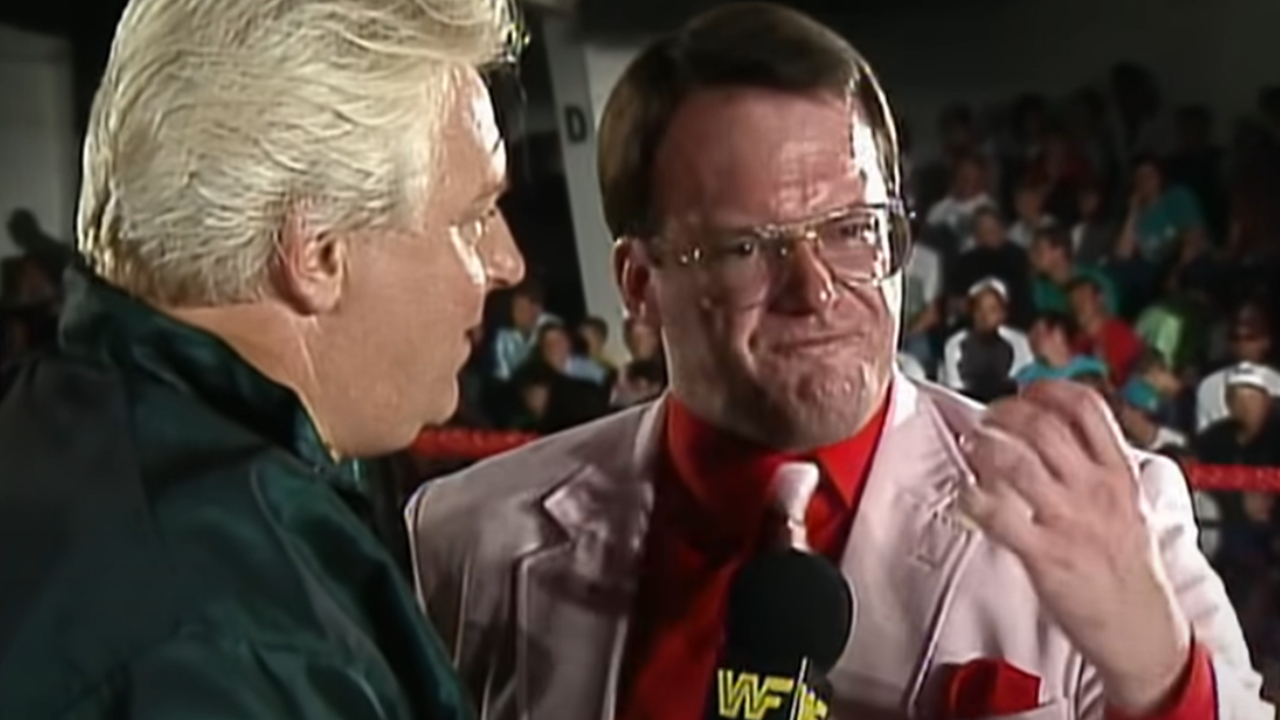
Jim Cornette
Jim Cornette, a man who has made cussing an art form for much of his life, is known for saying anything and everything on his mind (like yelling at Dairy Queen drive-thru workers). That said, it shouldn’t be surprising that someone with a mouth and mind like his served as a WWE commentator for a stretch in the 1990s.
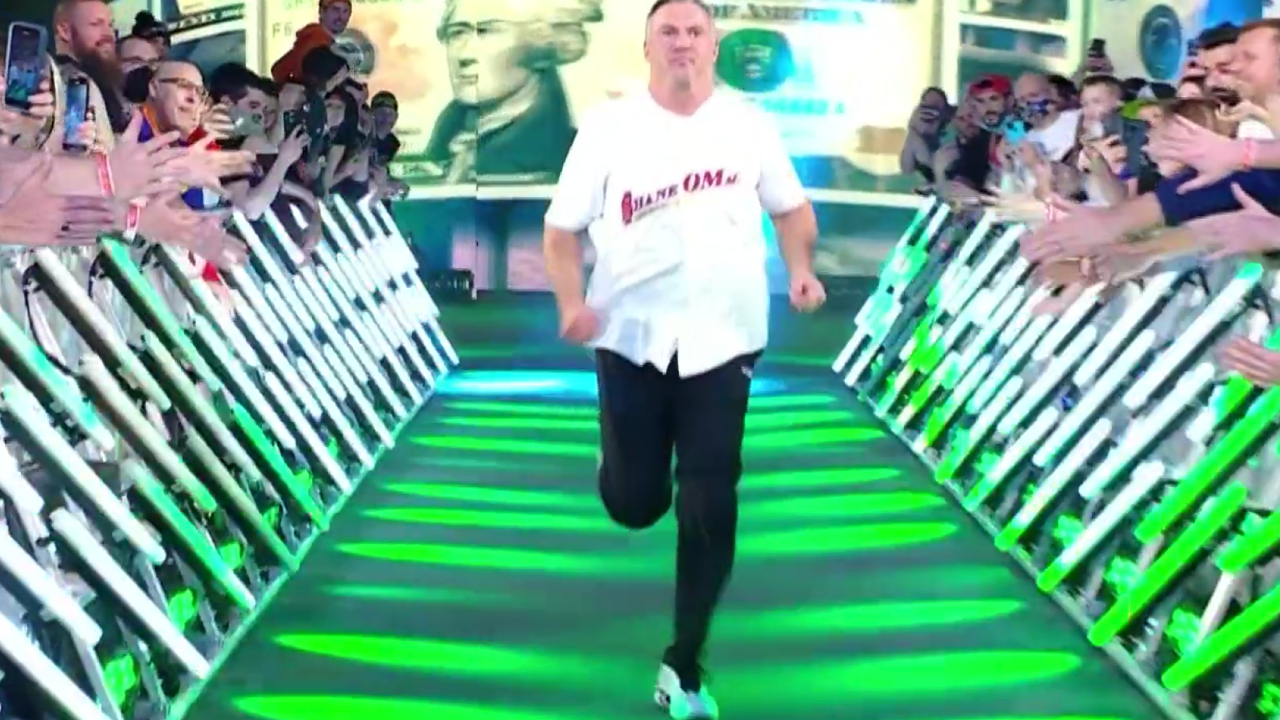
Shane McMahon
Shane McMahon, the son of Vince McMahon, has done a lot in WWE over the years, and that includes several stints as a commentator. Go back and watch old episodes of WWE Heat, and you’ll hear Shane O’Mac break down all the action.
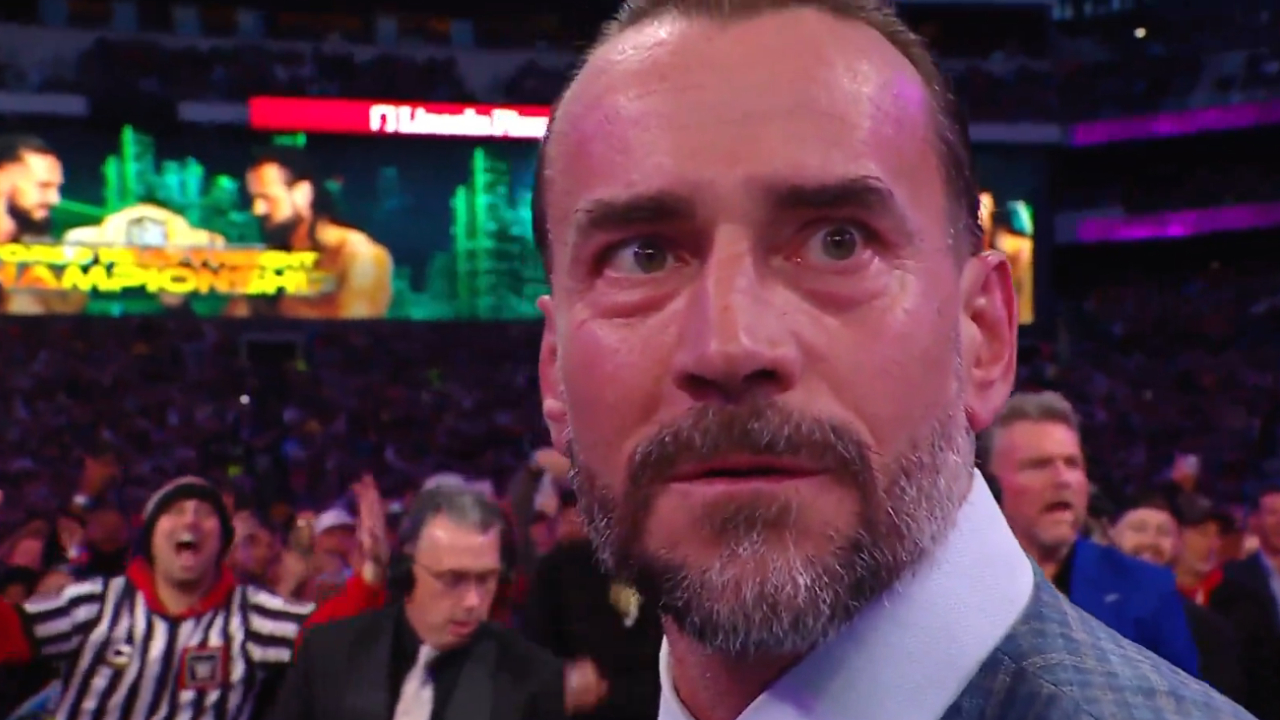
CM Punk
Love him or hate him, CM Punk has always been a great wrestling personality. And over the years, he’s served on the commentary team on multiple occasions. When he got injured in late 2010, WWE made him a commentator to keep him on TV. Years later, he did it again when he was the guest commentator during the opening match of WrestleMania XL Night Two.
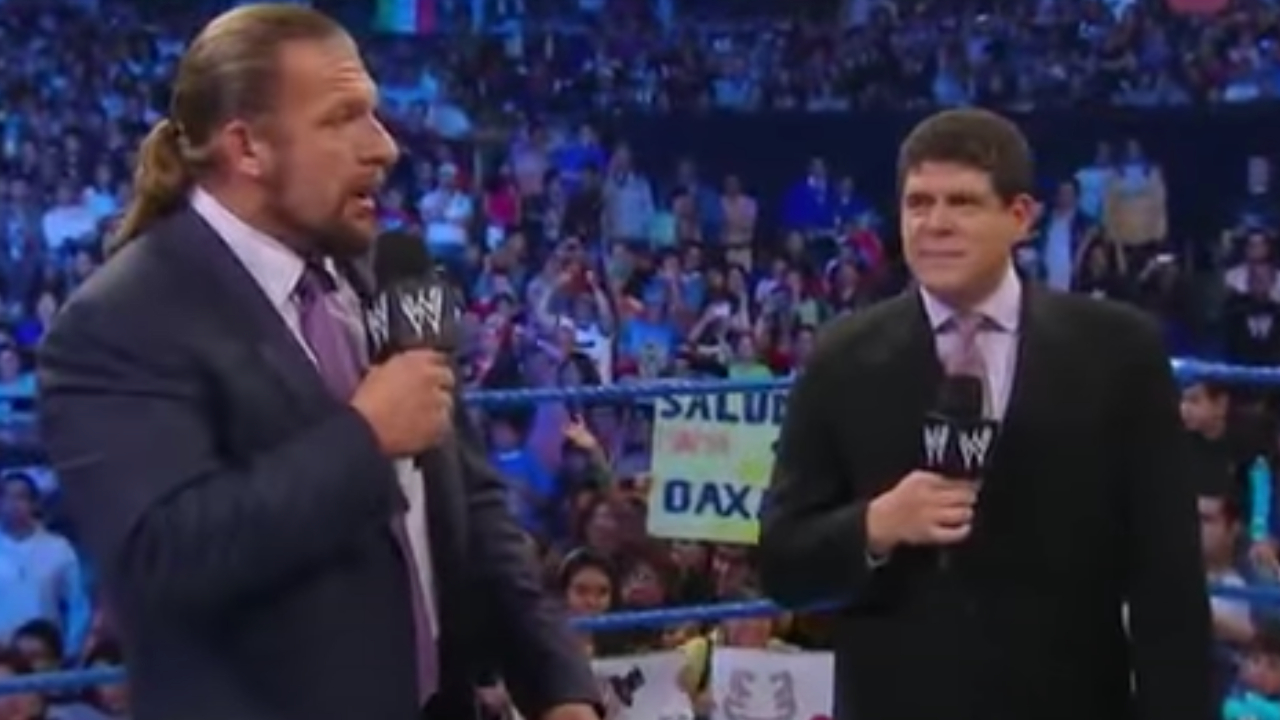
Carlos Cabrera
Between 1993 and 2022, Carlos Cabrera provided the Spanish commentary for essentially every major WWE event. Sure, his announce table was destroyed by wrestlers more times than anyone can count, but the sacrifice made for some unforgettable moments.
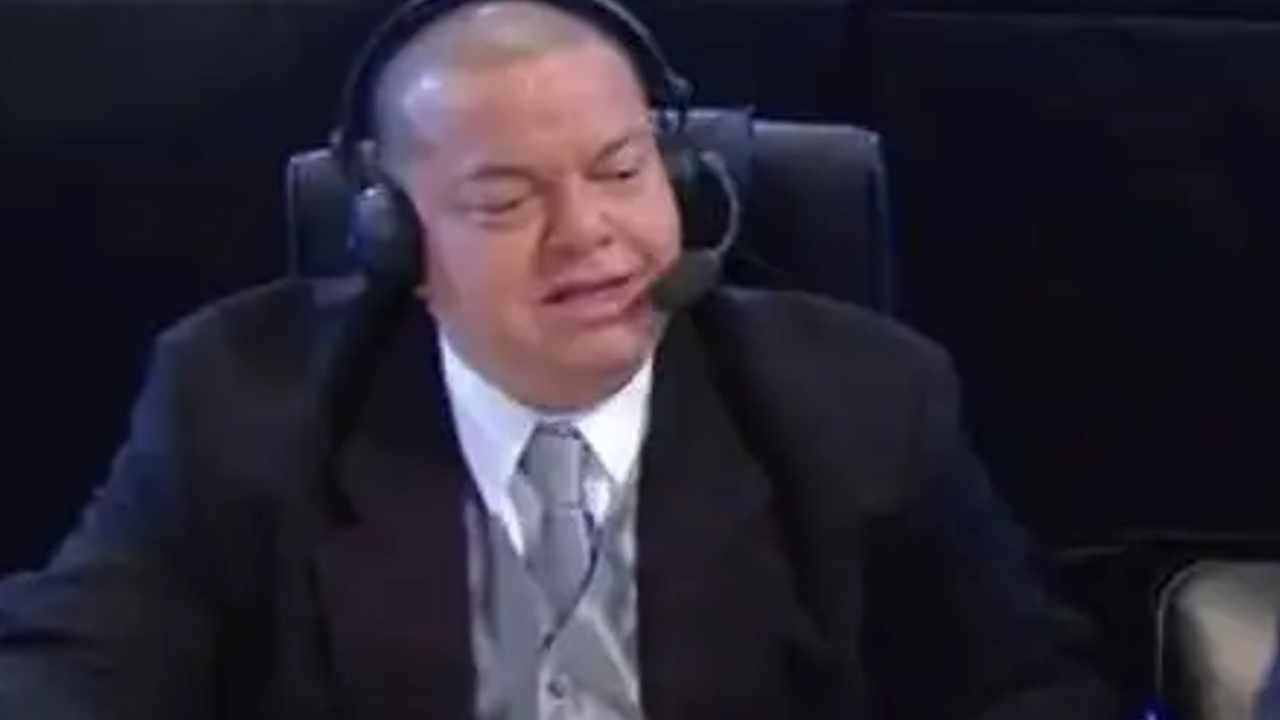
Hugo Savinovich
Hugo Savinovich was a prominent figure in WWE throughout much of its glory days. From 1994 to 2011, Savinovich helped lead the company’s Spanish commentary team alongside Carlos Cabrera, creating some iconic moments along the way.
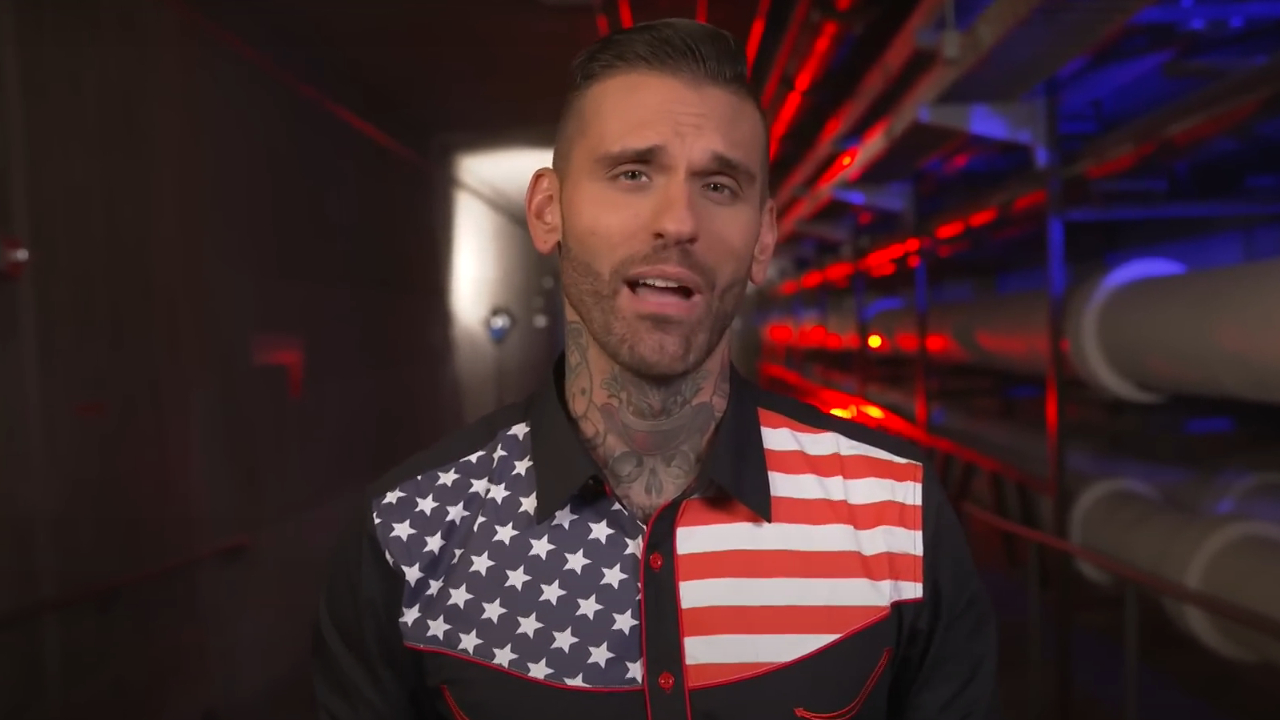
Corey Graves
Though it’s not known if he’ll ever return to the ring, Corey Graves has been doing a tremendous job on commentary ever since an injury brought a halt to his wrestling career. Over the years, Graves has shown that he can handle his own as a color analyst and play-by-play commentator while also being great as both a heel and face. He could be one of the all-time greats by the time it’s said and done.
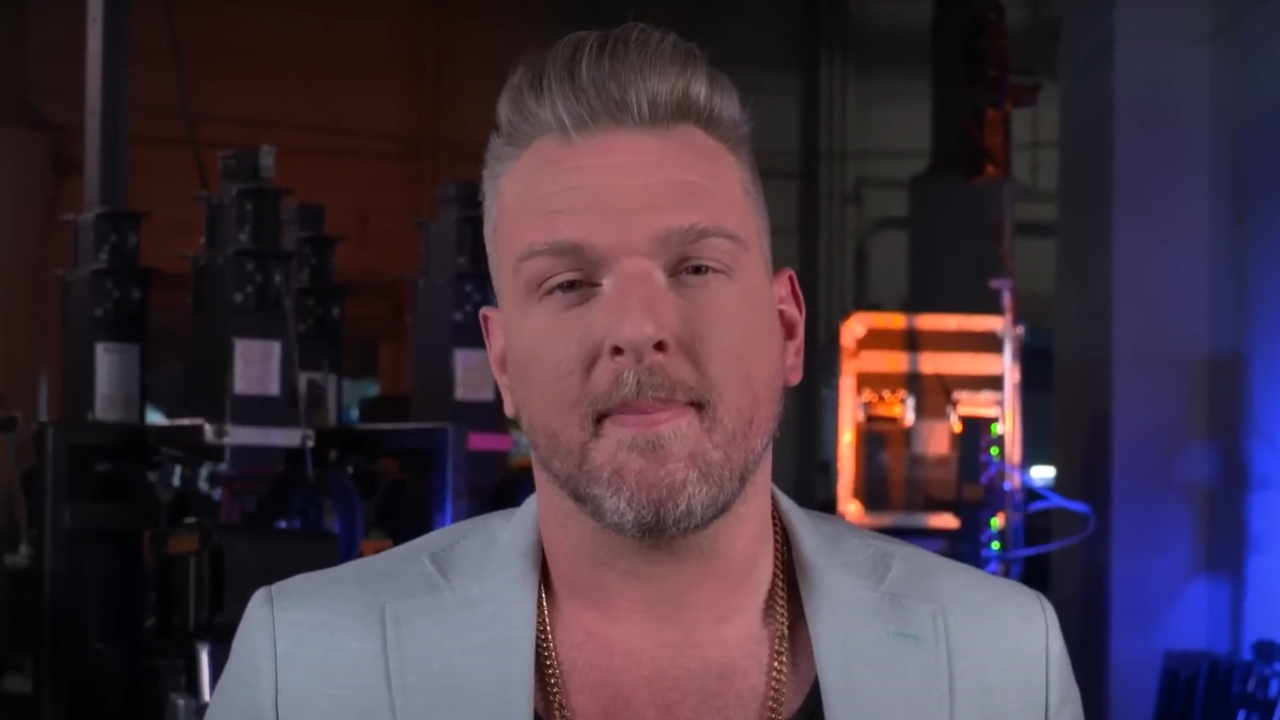
Pat McAfee
Pat McAfee went from a professional athlete to a wrestler to a commentator better than anyone since Steve “Mongo” McMichael made his mark in WCW back in the ‘90s. The host of the incredibly popular Pat McAfee Show has been tearing it up on WWE TV for the past few years now, bringing electric energy to Raw and monthly PLEs.
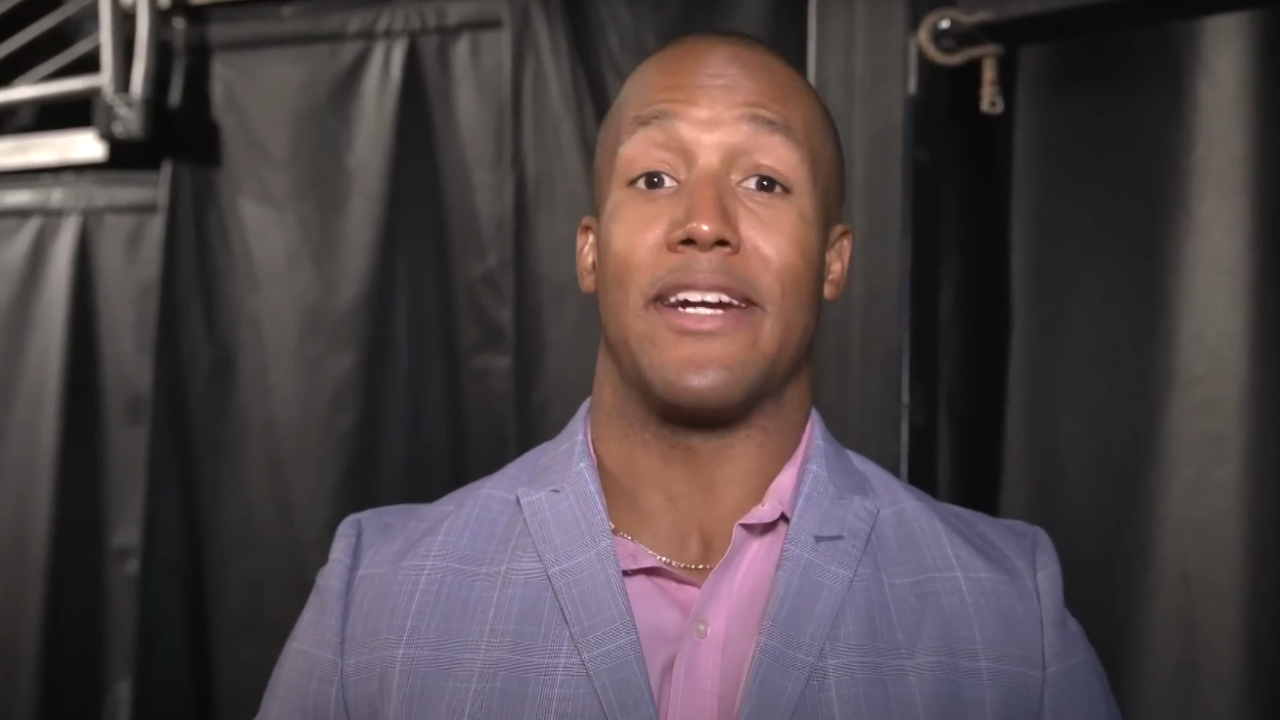
Byron Saxton
Byron Saxton is one of the most utilized yet underappreciated on-screen personalities in WWE today. Interviews, live show hosting duties, documentaries, and even commentary all come naturally for the former wrestler.
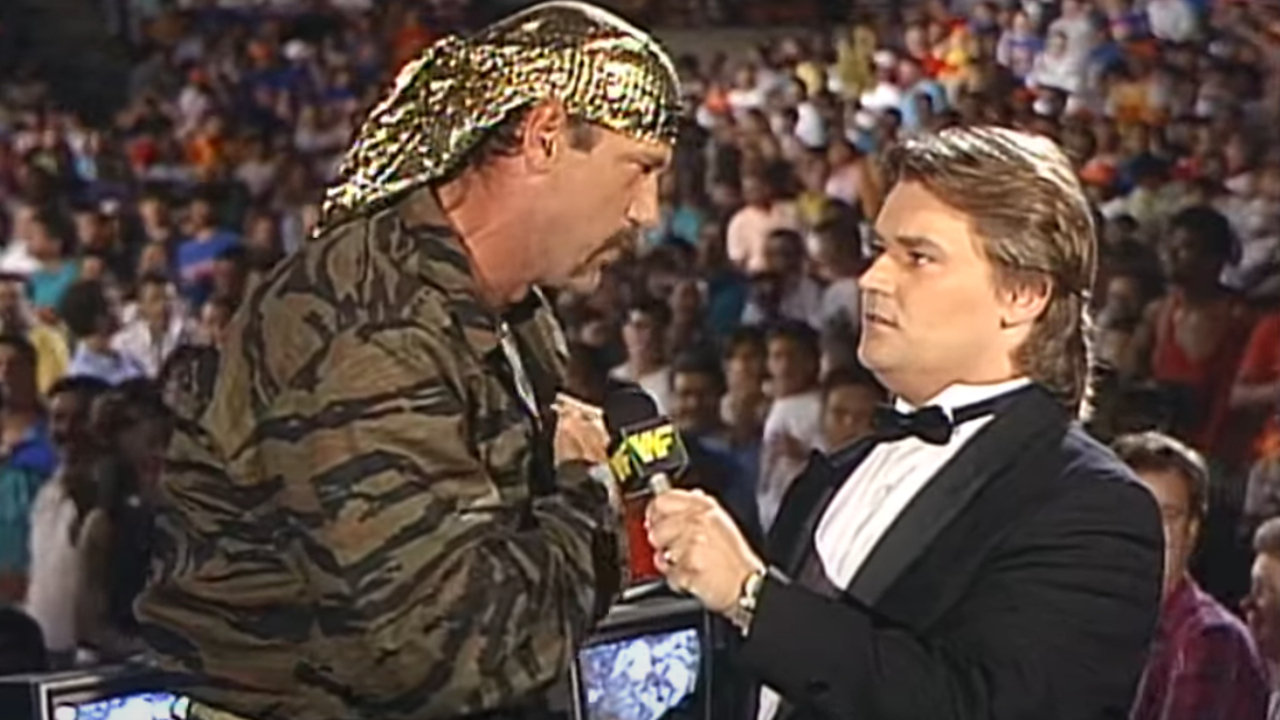
Tony Schiavone
Tony Schiavone is best known for being the voice of WCW Monday Nitro and AEW’s go-to commentator. However, back in the day, between his stints with NWA and WCW, Schiavone had a brief tenure as a WWE commentator, during which time he worked alongside Jesse “The Body” Ventura in the booth for Royal Rumble ‘90.
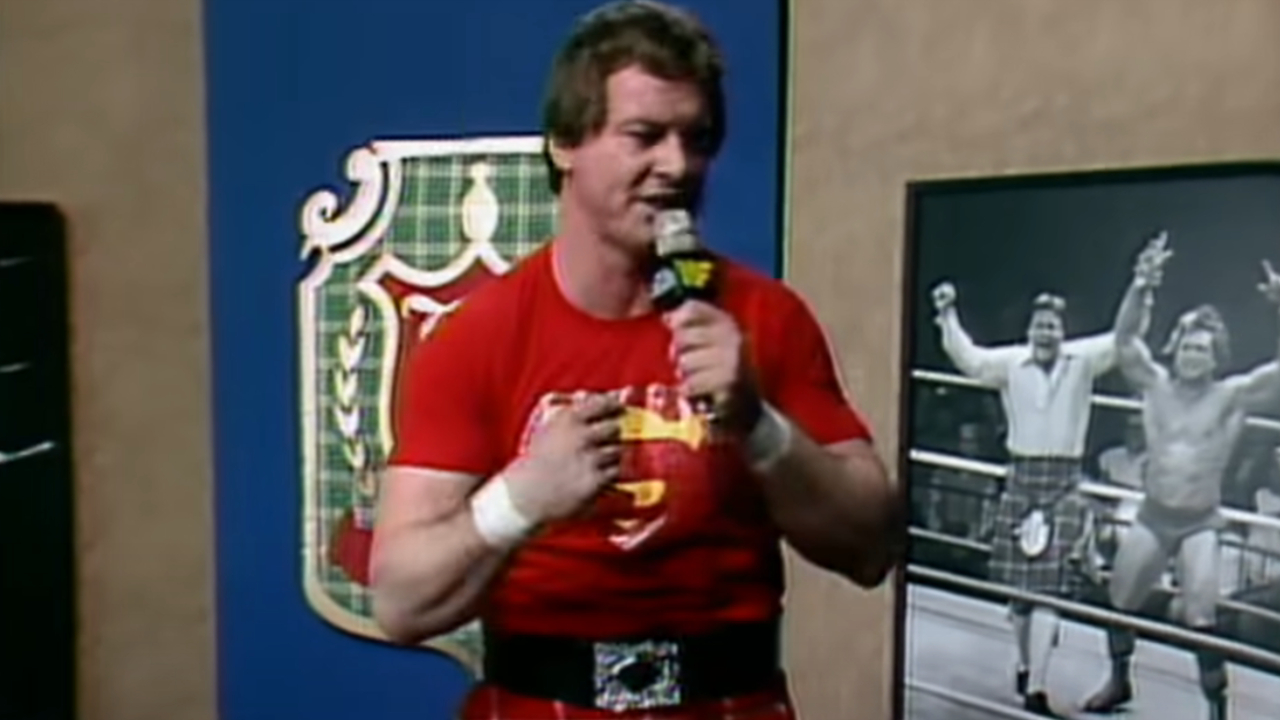
'Rowdy' Roddy Piper
The late “Rowdy” Roddy Piper was one of the best wrestlers of the ‘80s in terms of mic skills, so it was no surprise that he had his own talk show – Piper’s Pit – and a stint as a WWE commentator.
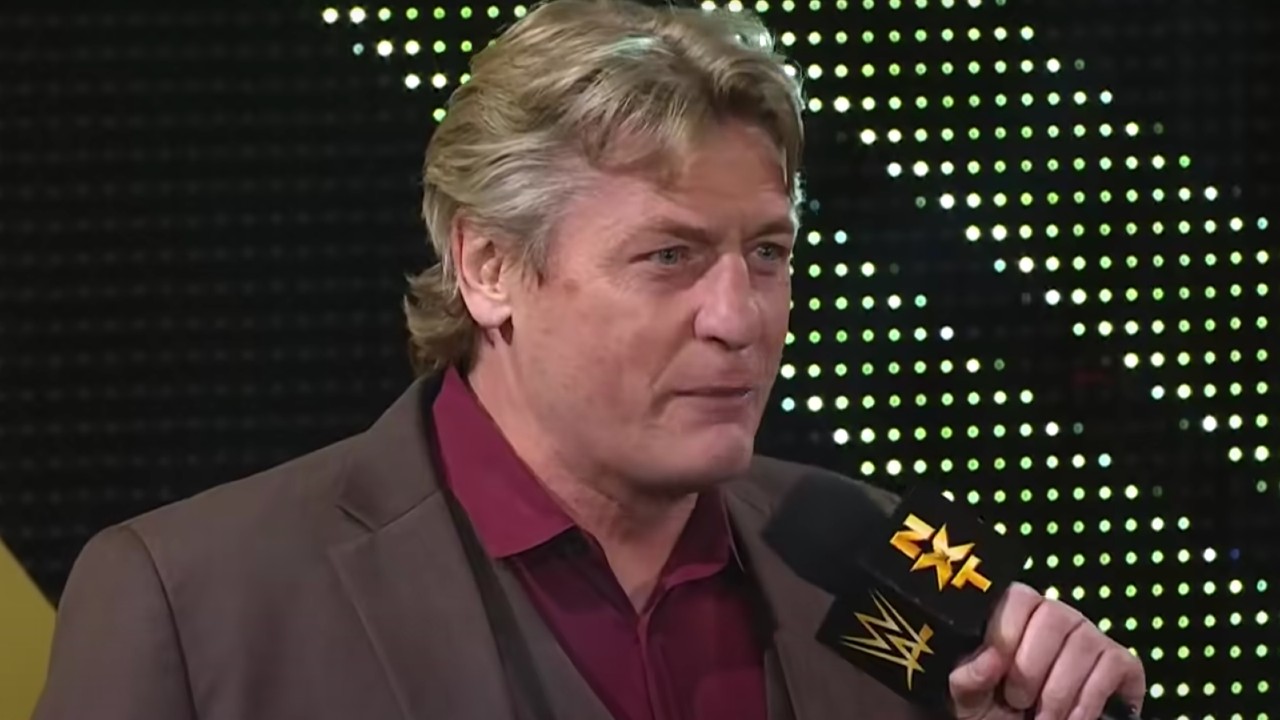
William Regal
William Regal is one of the greatest British wrestlers to ever lace up a pair of boots, and after his in-ring career began to slow down in the 2010s, he started providing commentary for the FCW and later NXT brands. His signature voice and cadence made for some great moments and helped boost the careers of up-and-coming talents. And after all the great backstage segments he had with Vince McMahon and others as an authority figure earlier in his career, it made perfect sense.
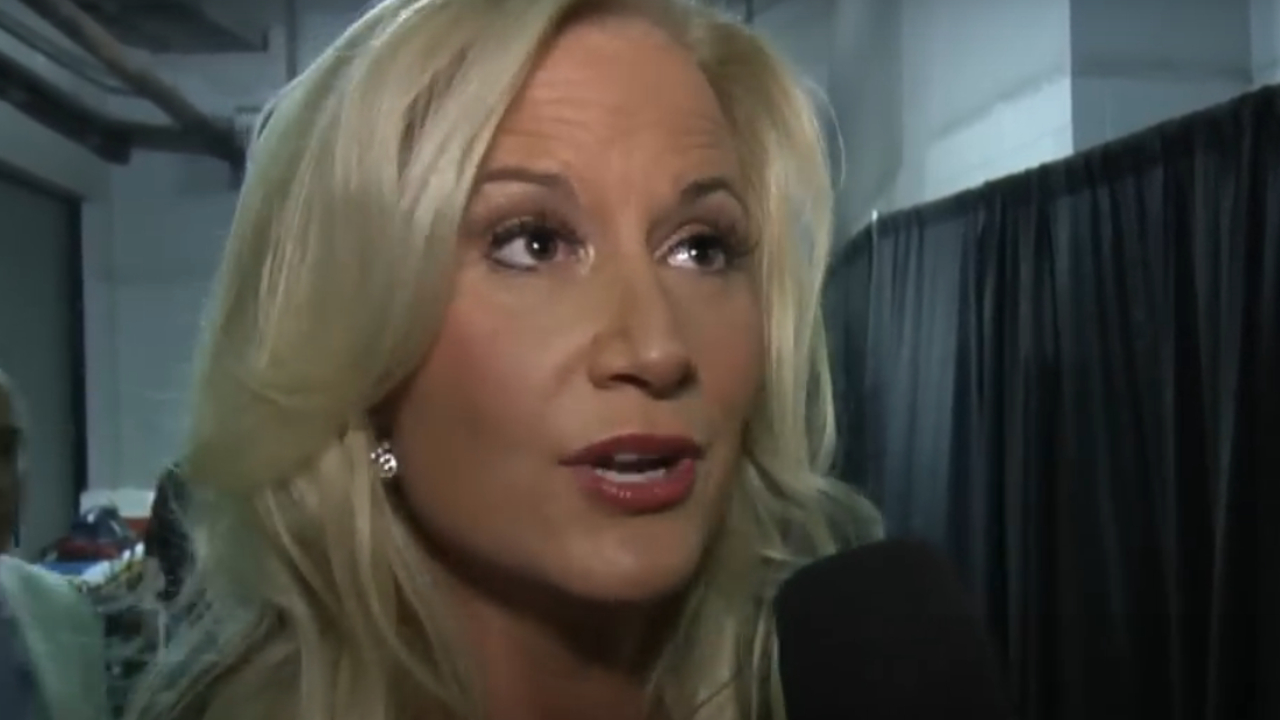
Sunny
WWE Hall of Famer Sunny wore a lot of different hats throughout her time with WWE, including commentary for a stretch in the mid-to-late 1990s. Remember Shotgun Saturday Night, the weekly wrestling show that took place everywhere from the Mirage Nightclub in Manhattan to Penn Station (this episode is wild, by the way)? Well, Sunny, alongside Vince McMahon, Jim Ross, and Brian Pillman helped call the action in a smaller-than-normal ring.
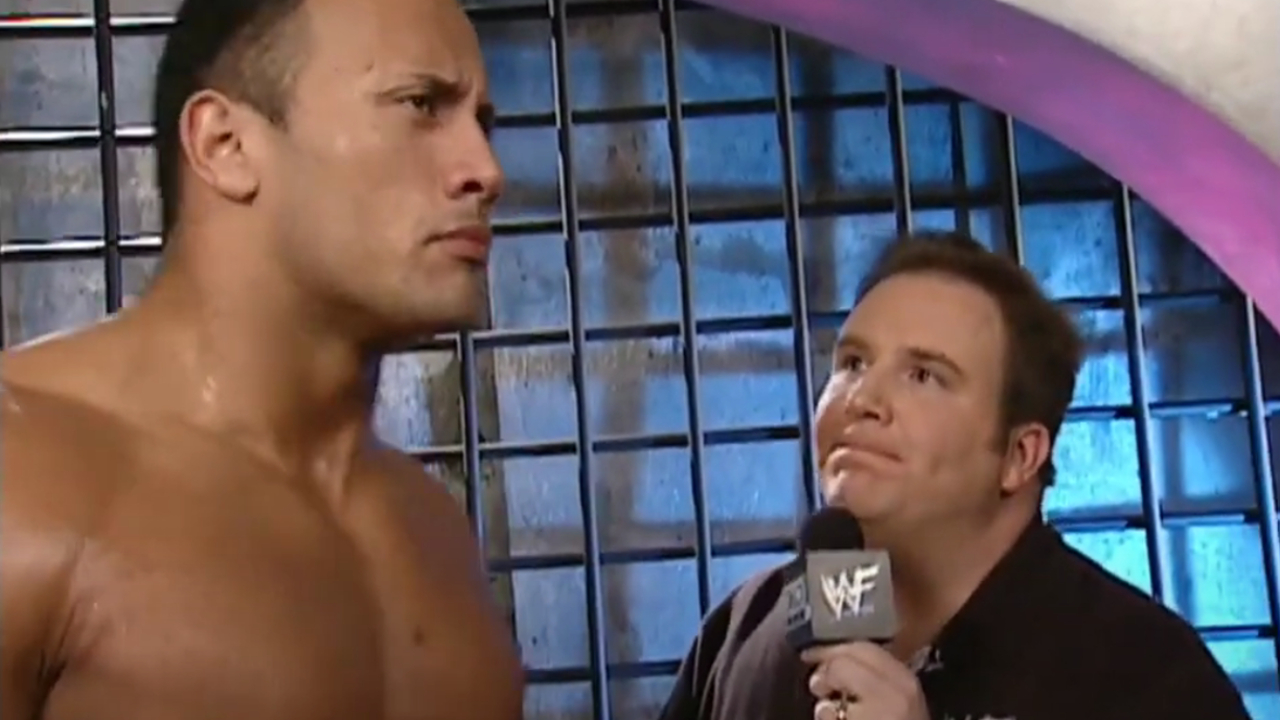
Kevin Kelly
Kevin Kelly has called matches all over the world for promotions like Ring of Honor and New Japan Pro Wrestling, and that includes a stint with WWE in the 1990s and early 2000s. Though much of his work included backstage interviews, Kelly would call the action from time to time on shows like Monday Night Raw.
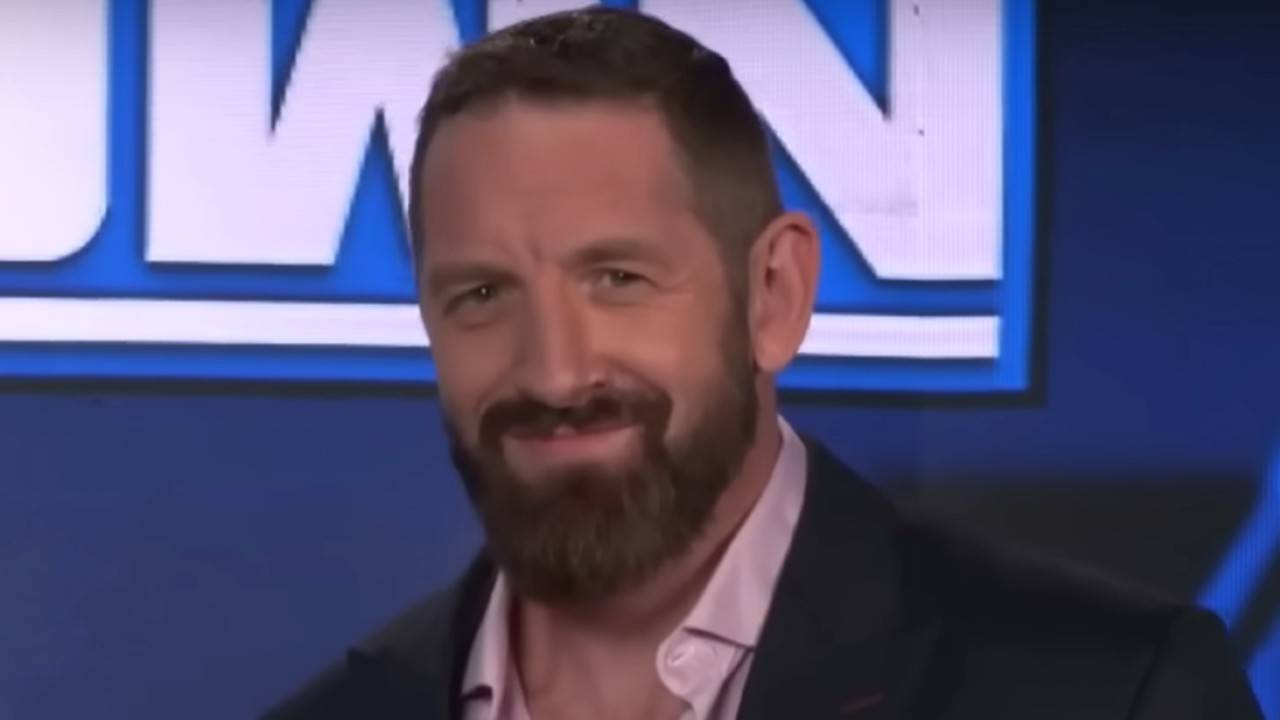
Wade Barrett
It wasn’t all bad news for Wade Barett after his wrestling career came to an end, as the former Nexus leader quickly found a place for himself as a WWE commentator. Working on shows like SmackDown and various pre-show panels before big live events, Barrett has become one of the most trusted voices in the company, one who’ll hopefully be around for years to come.
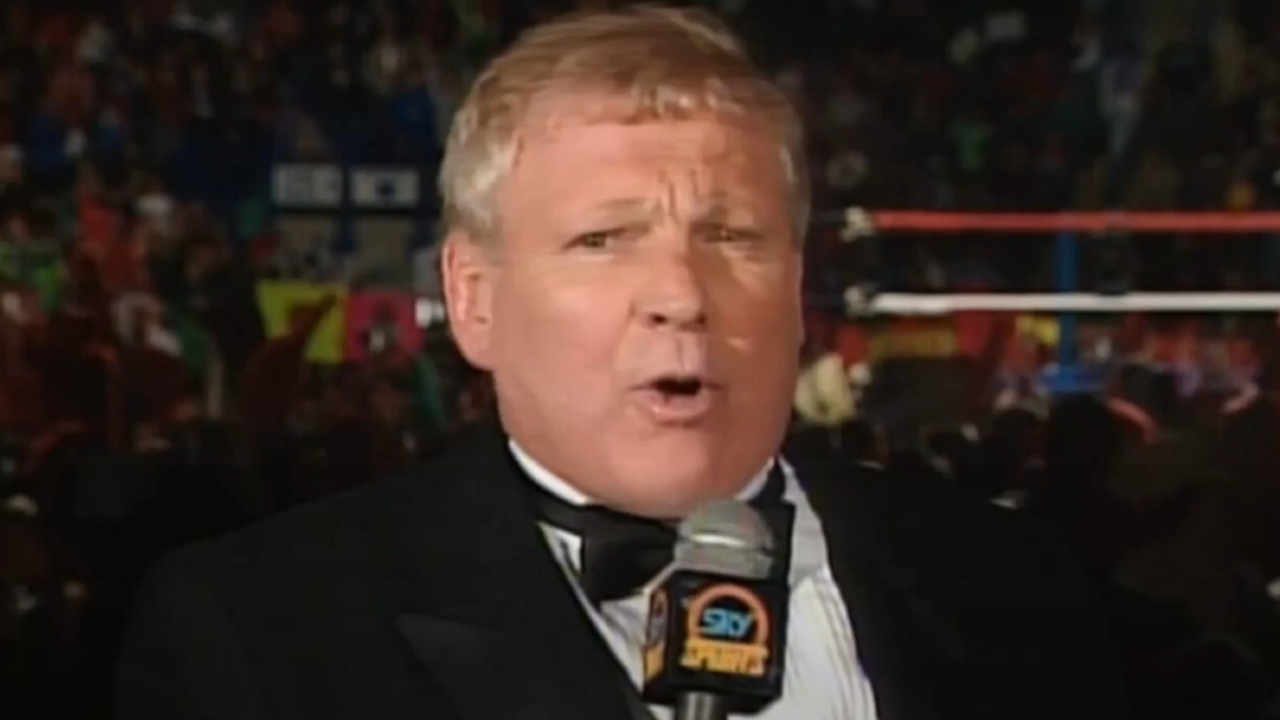
Lord Alfred Hayes
Between 1982 and 1995, retired British wrestler Lord Alfred Hayes brought a level of distinction and class to WWE programming, calling matches at major shows and conducting even more backstage interviews and pre-taped segments. A major presence in the Coliseum Video days, Hayes’ voice could be heard on countless VHS tapes floating around.
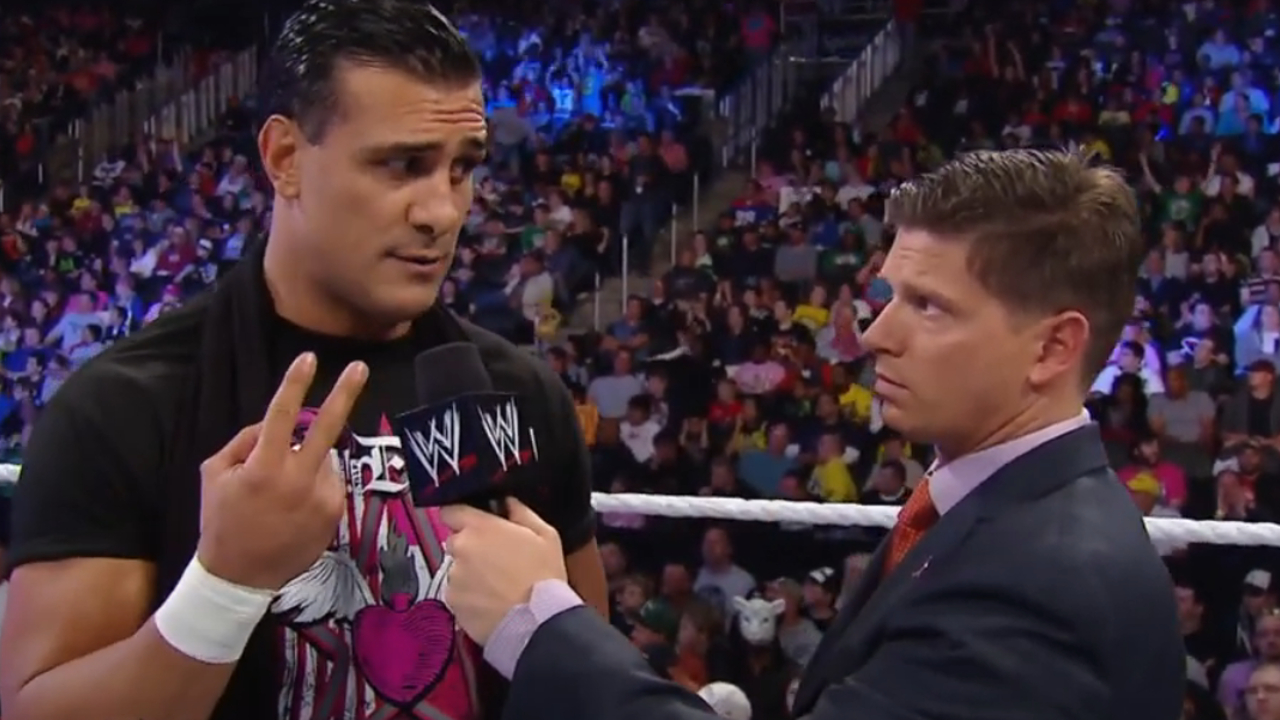
Josh Matthews
Josh Matthews has been with TNA for the past decade, and has spent much of that as the primary play-by-play commentator, but it all started for him back in the day with WWE. After his Tough Enough appearance back in 2001, Matthews became a backstage interviewer, which then led to a long run on the commentary team. Between 2006 and 2014, Matthews worked on weekly shows, major pay-per-views like WrestleMania 27, and so much more.
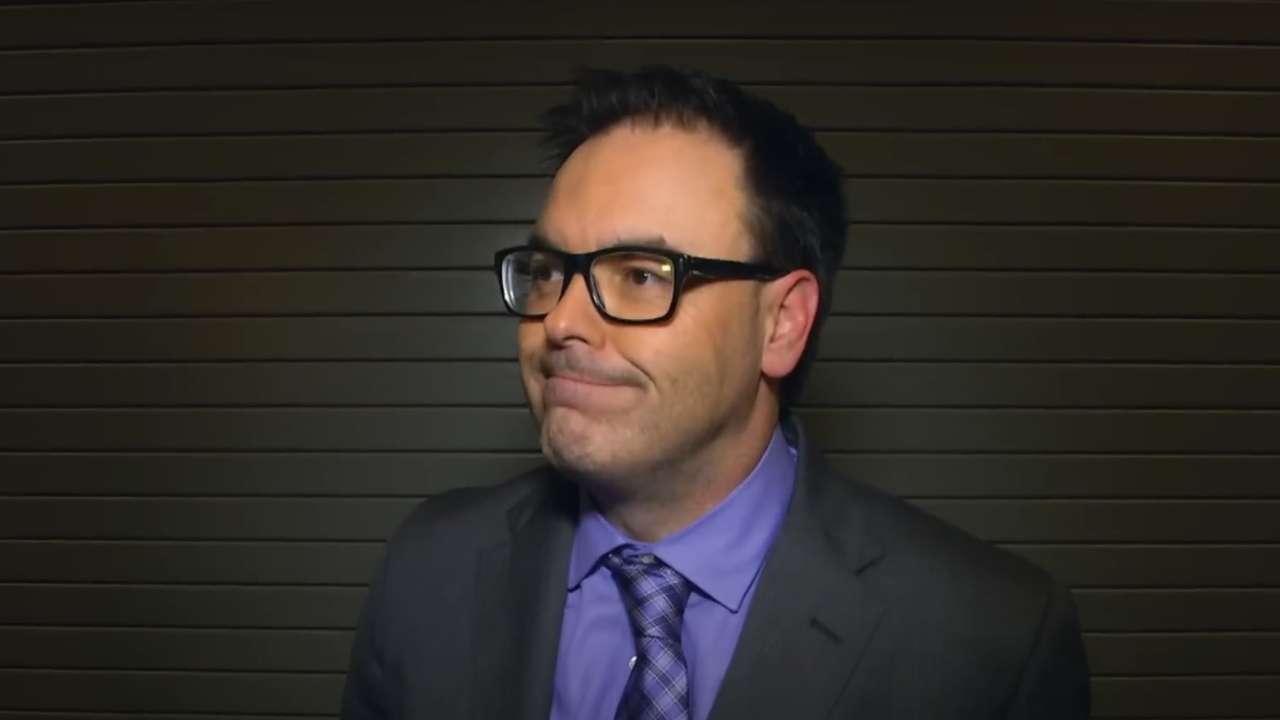
Mauro Ranallo
Mauro Ranallo made a name for himself as one of the most electric commentators in the world of professional boxing, so it only seemed natural when he jumped over to WWE where he worked on shows like SmackDown and NXT. Ranallo, with his classic “Mamma Mia!” expressions, made for some incredible moments, especially when calling matches for the black-and-gold brand.
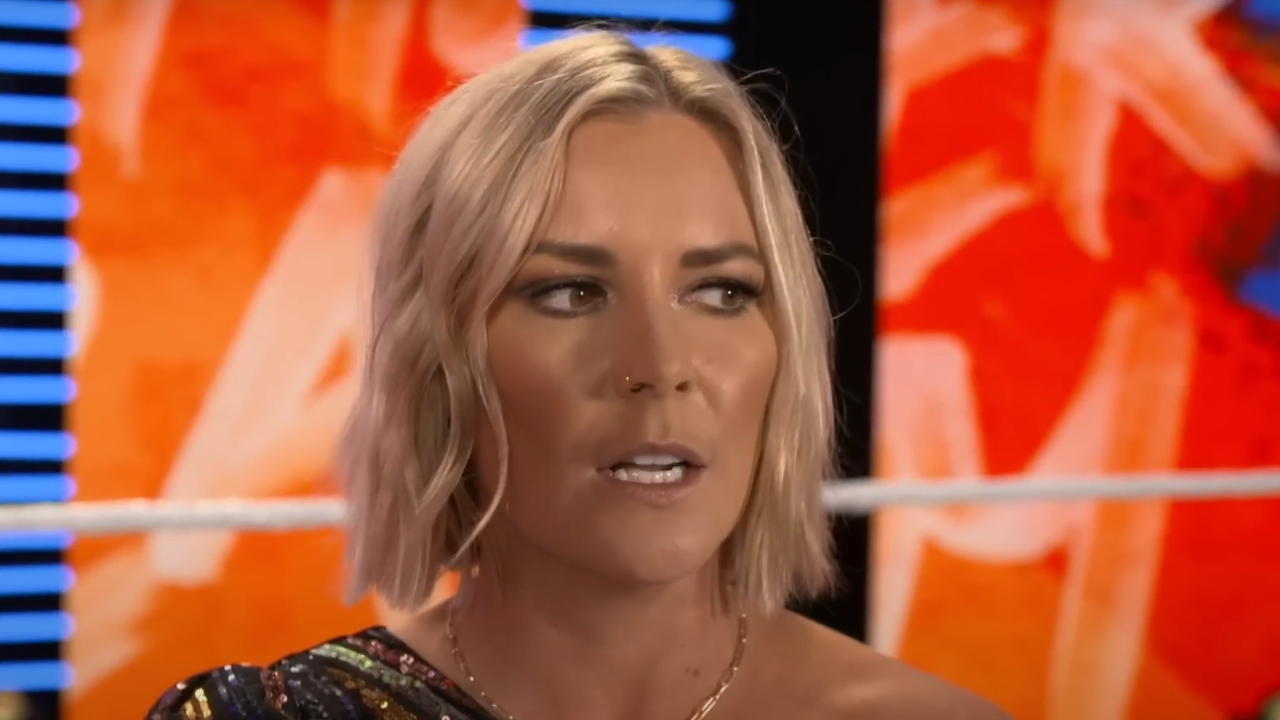
Renee Young
Renee Young helped usher in a new era for women in professional wrestling during her eight-year tenure with WWE. Throughout her time with the company, Young went from a backstage interviewer to a commentator who could carry her own weight with titans of the industry.

Philip grew up in Louisiana (not New Orleans) before moving to St. Louis after graduating from Louisiana State University-Shreveport. When he's not writing about movies or television, Philip can be found being chased by his three kids, telling his dogs to stop barking at the mailman, or chatting about professional wrestling to his wife. Writing gigs with school newspapers, multiple daily newspapers, and other varied job experiences led him to this point where he actually gets to write about movies, shows, wrestling, and documentaries (which is a huge win in his eyes). If the stars properly align, he will talk about For Love Of The Game being the best baseball movie of all time.
